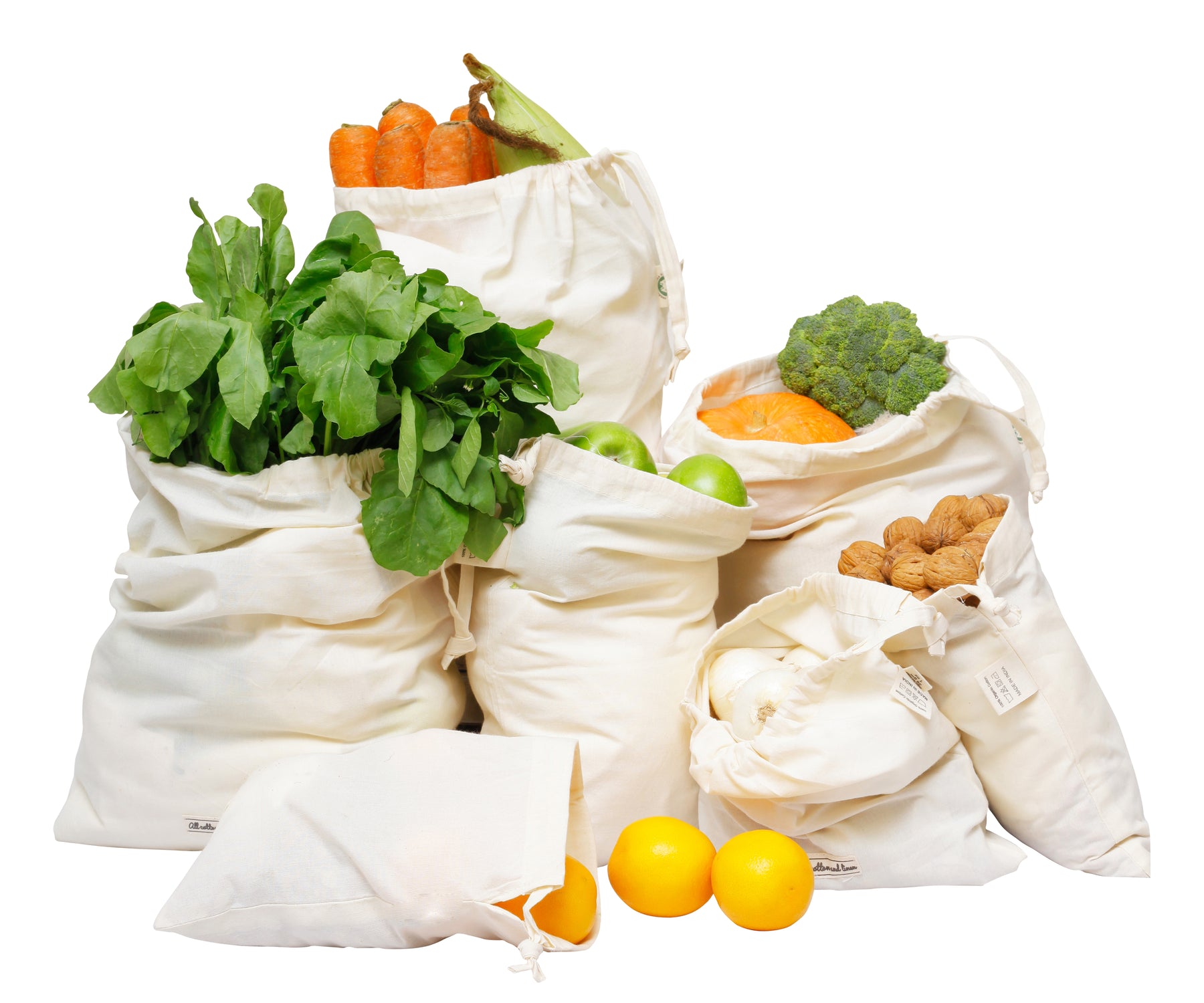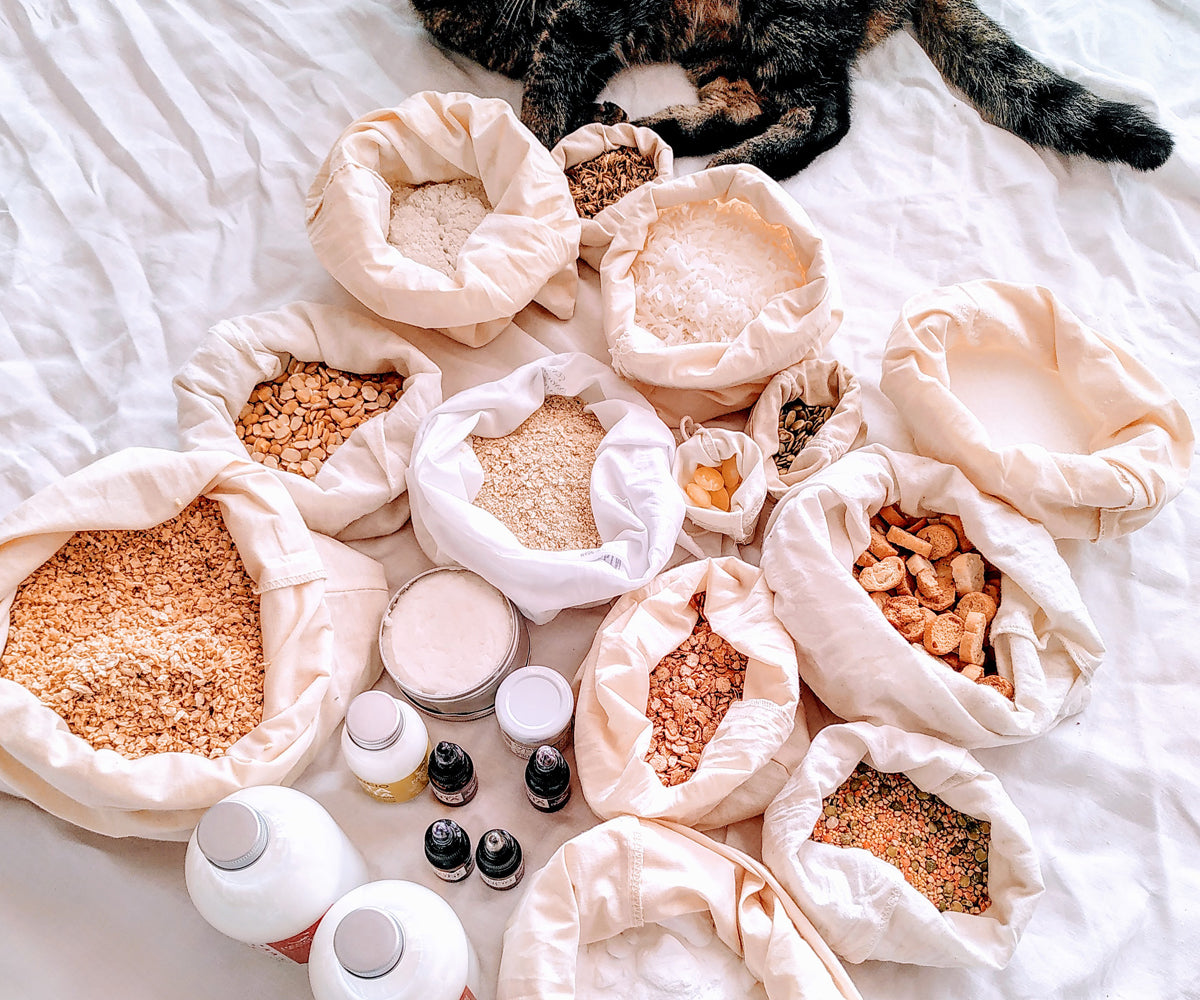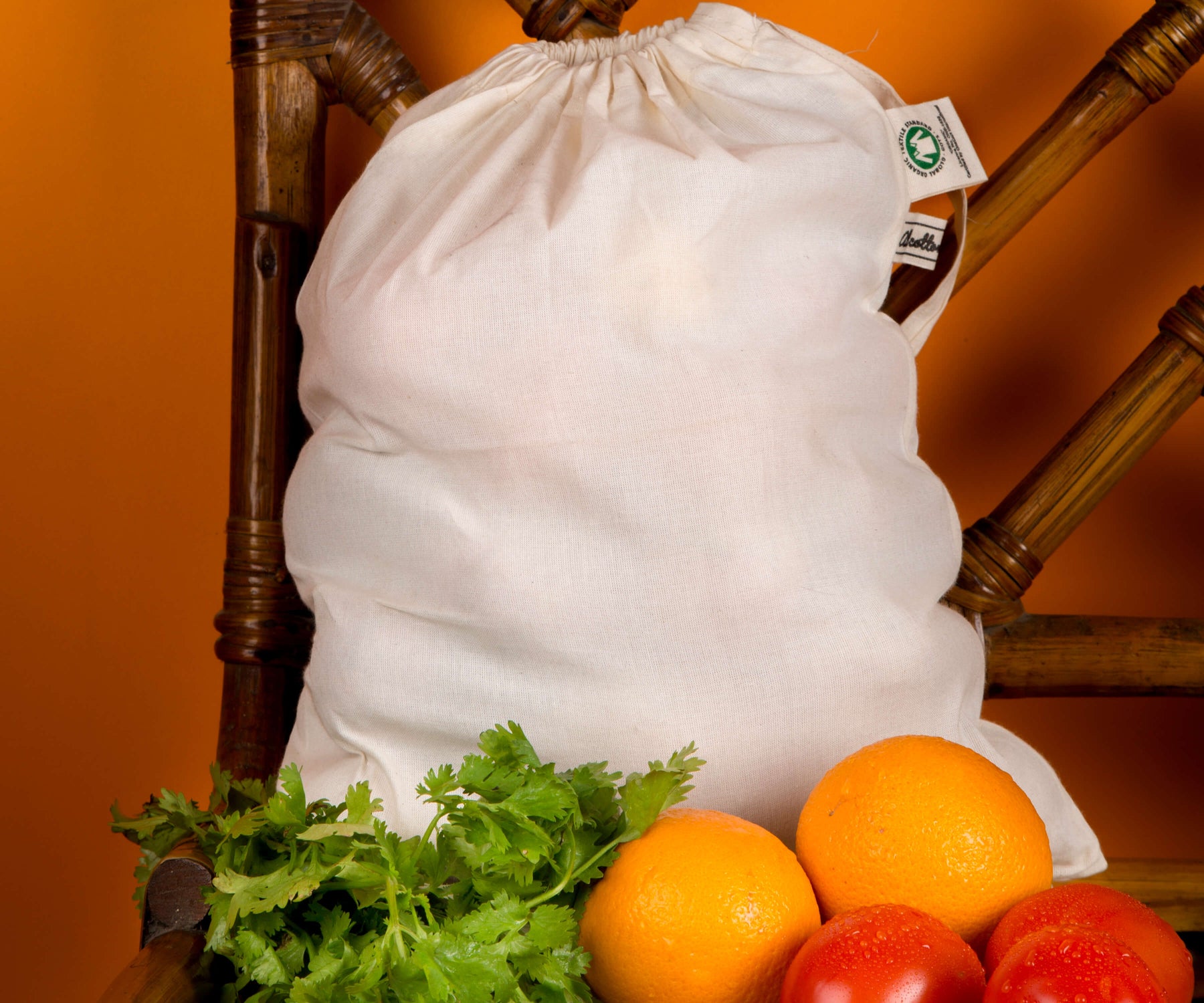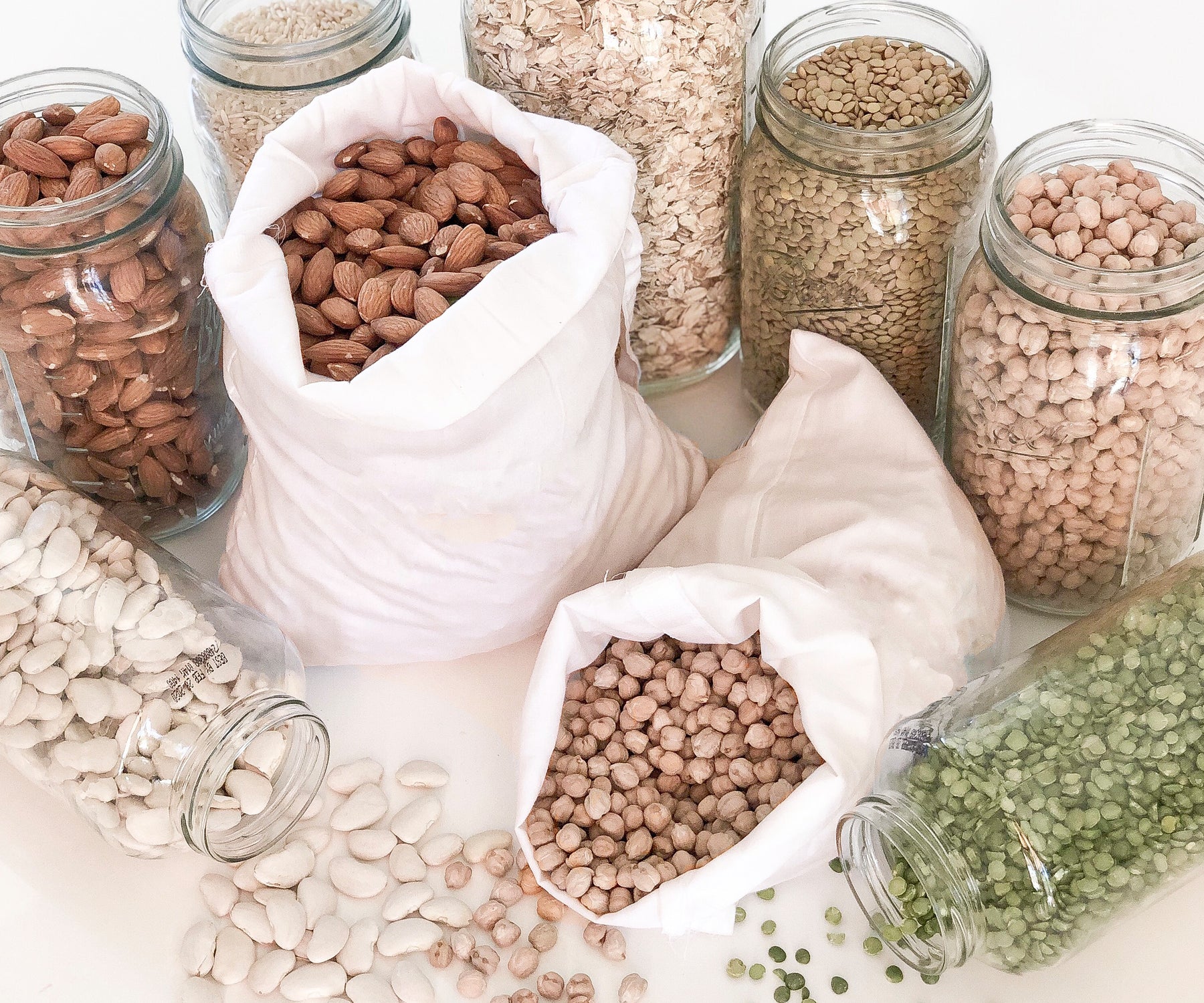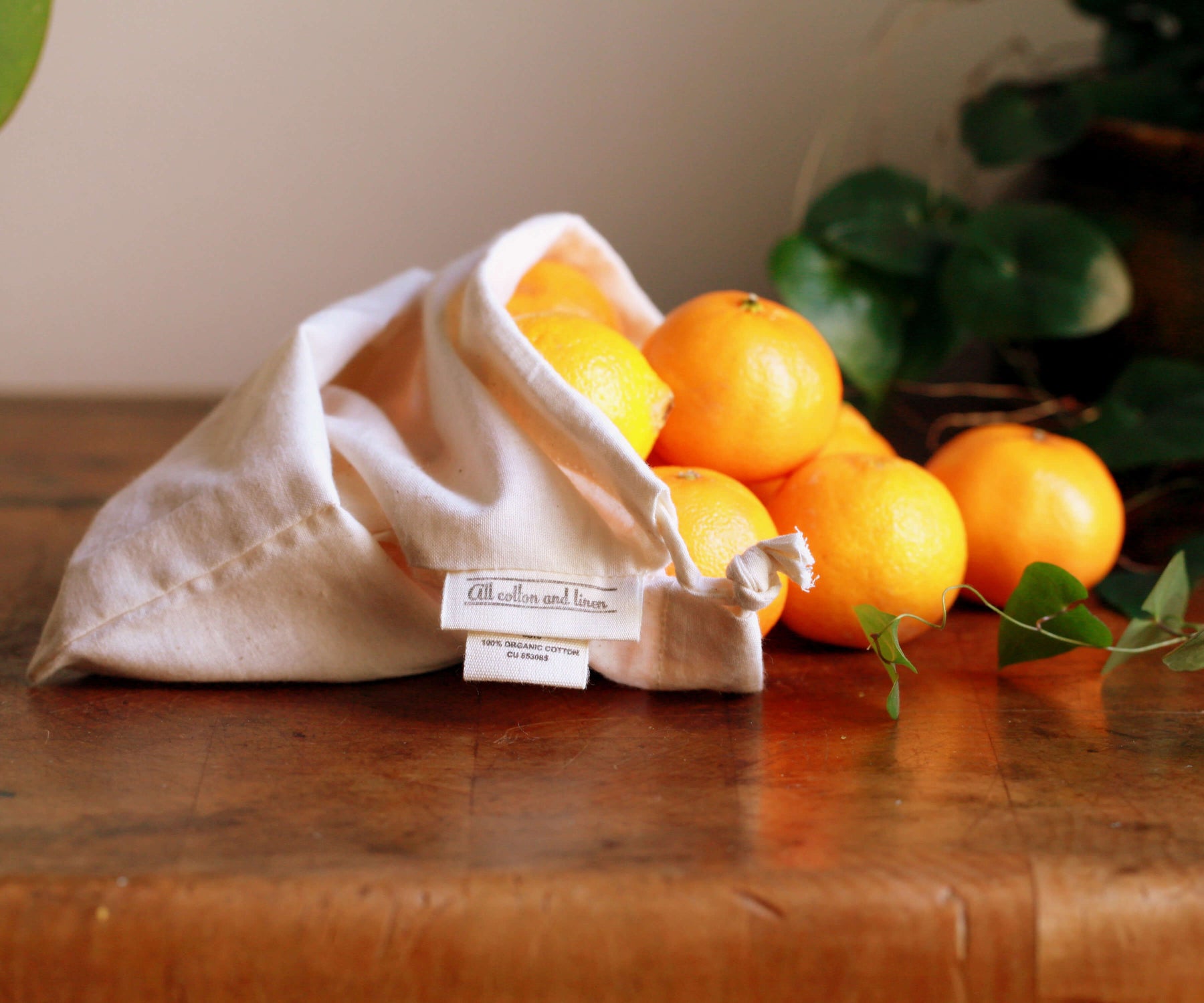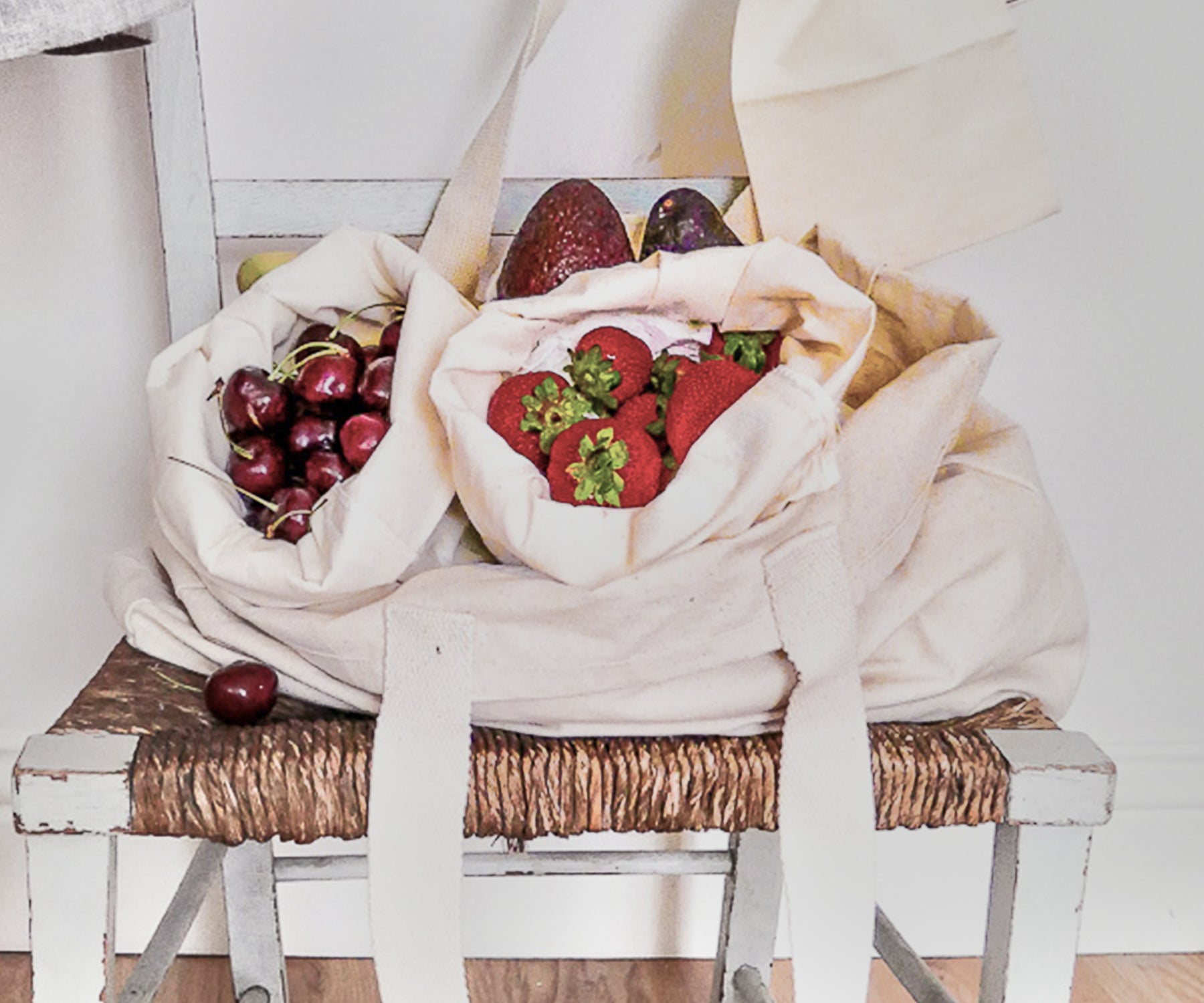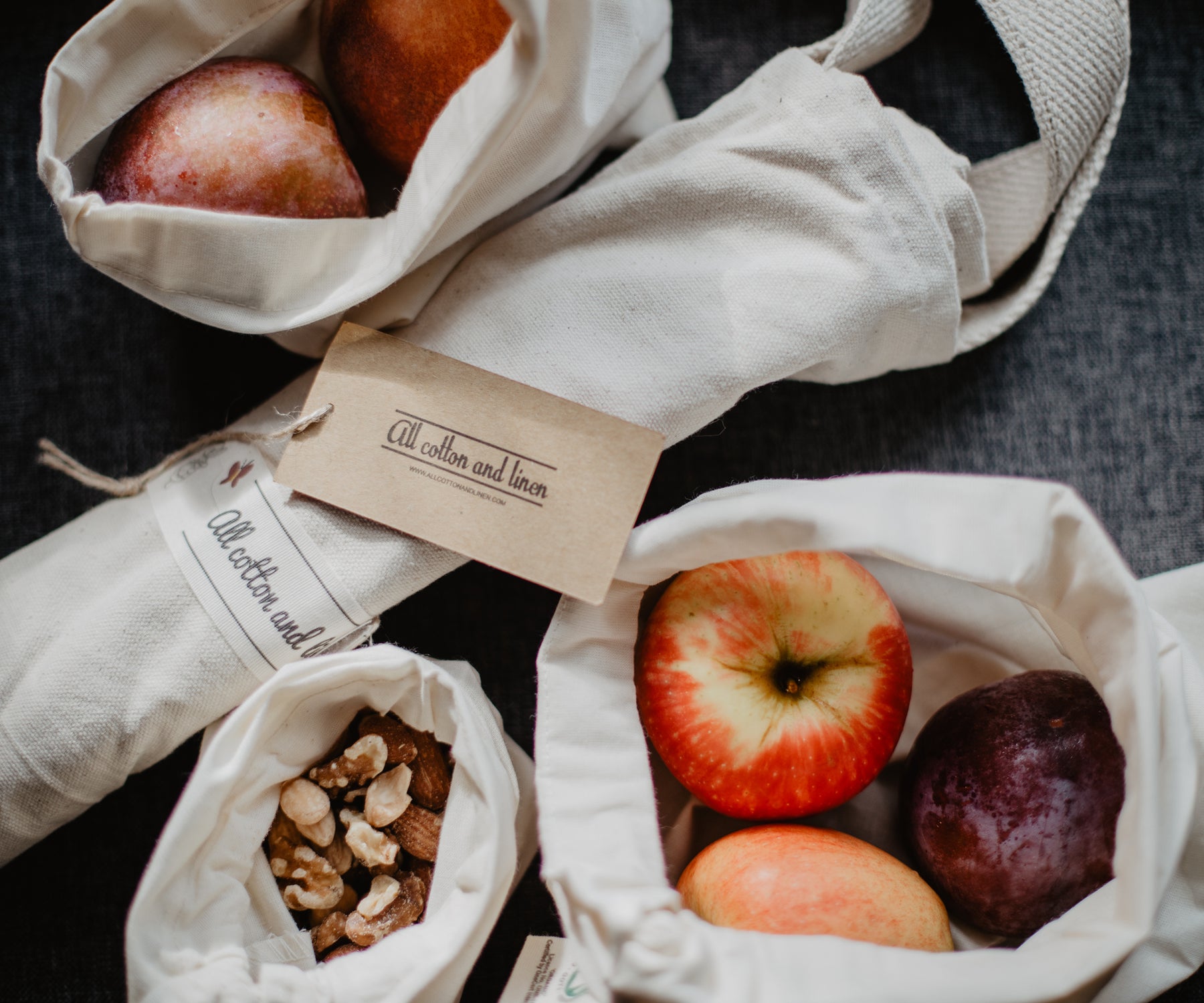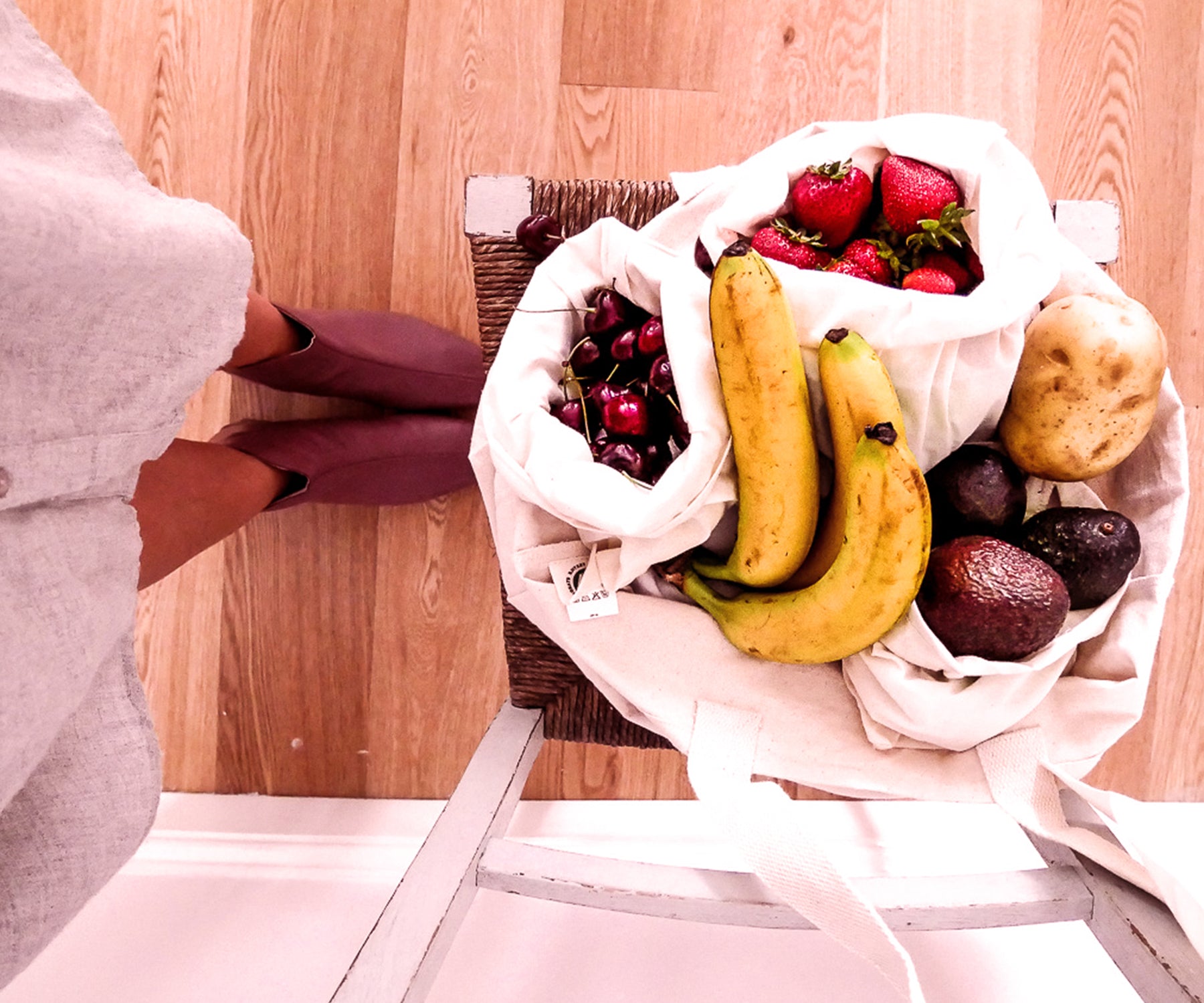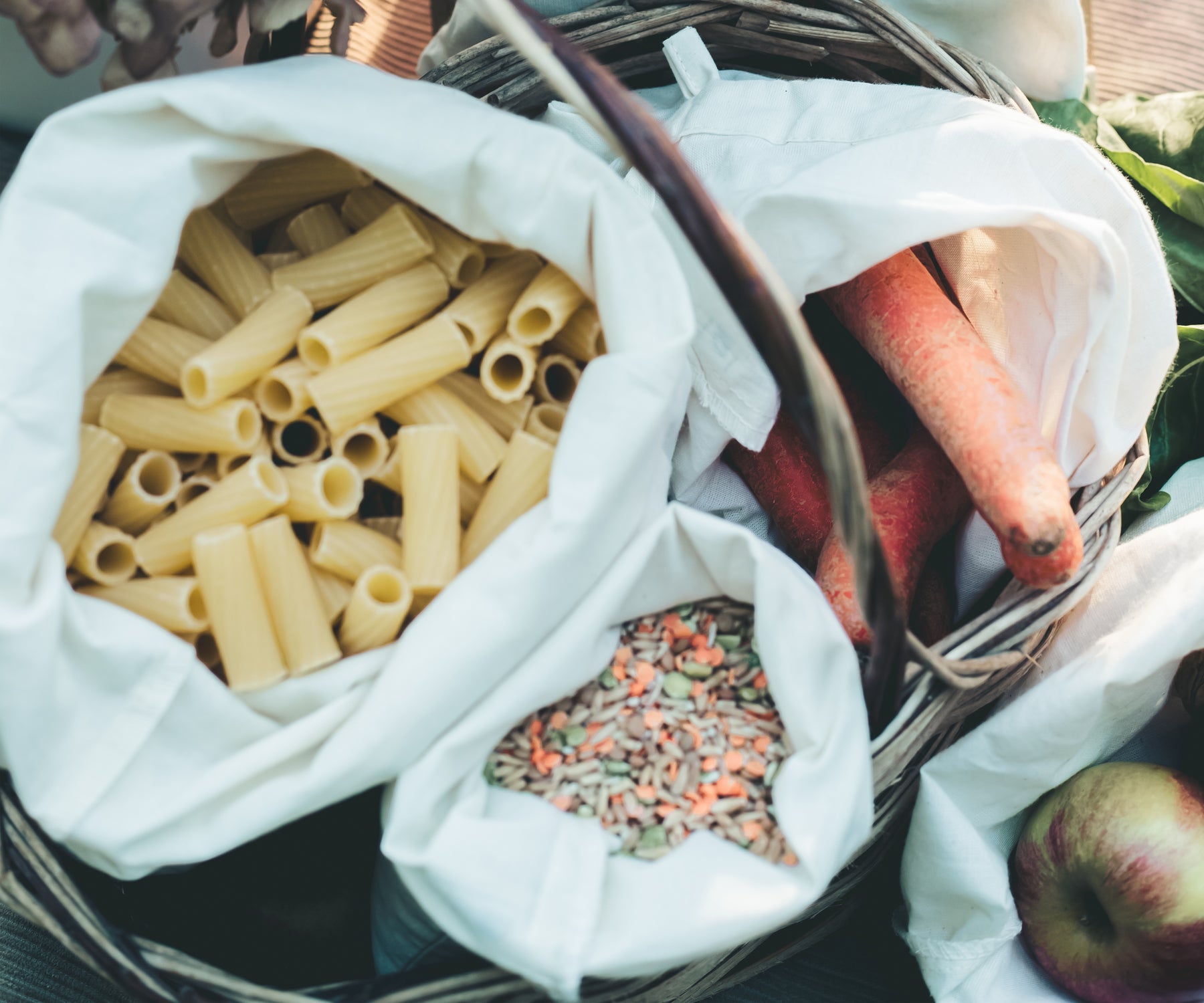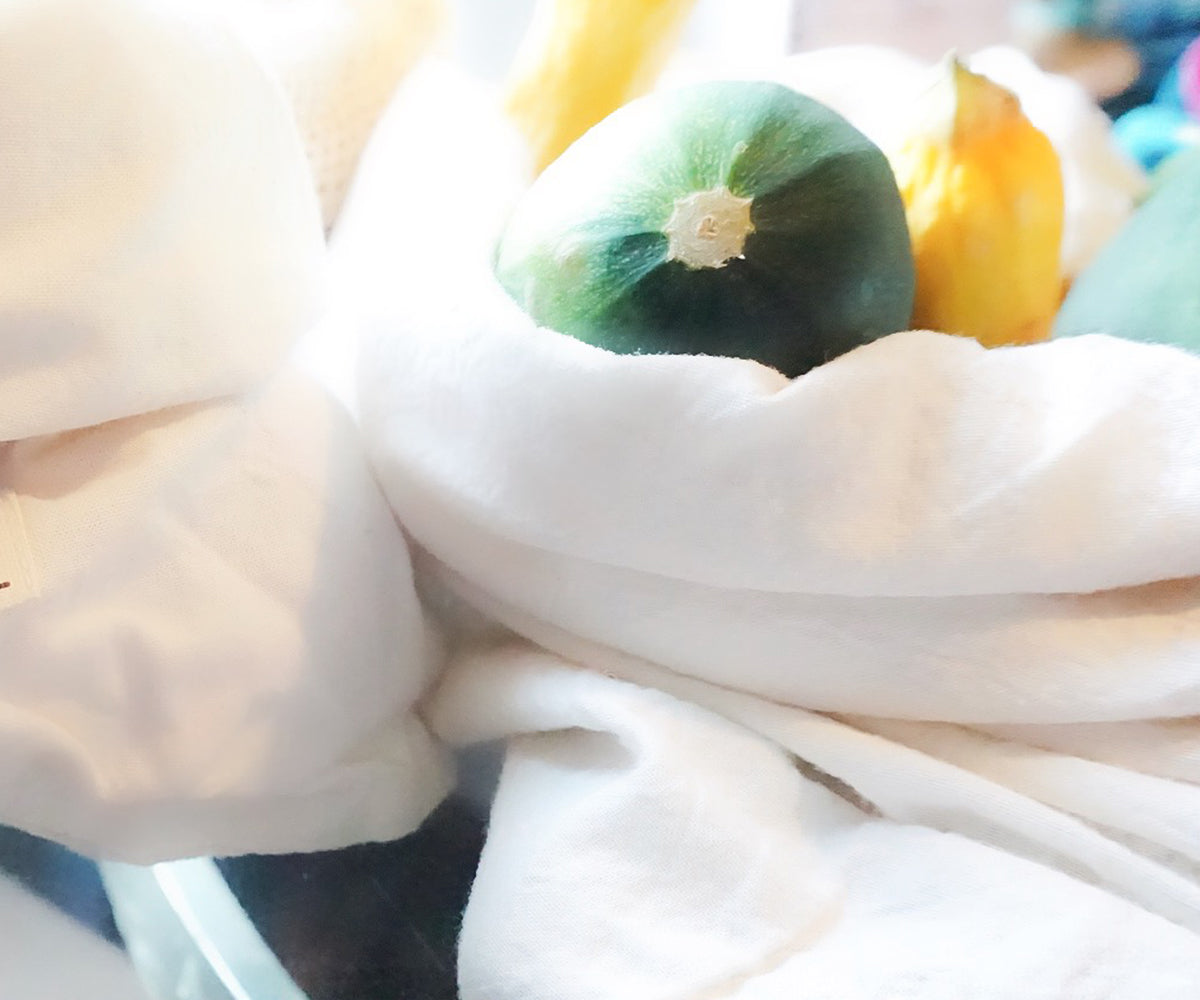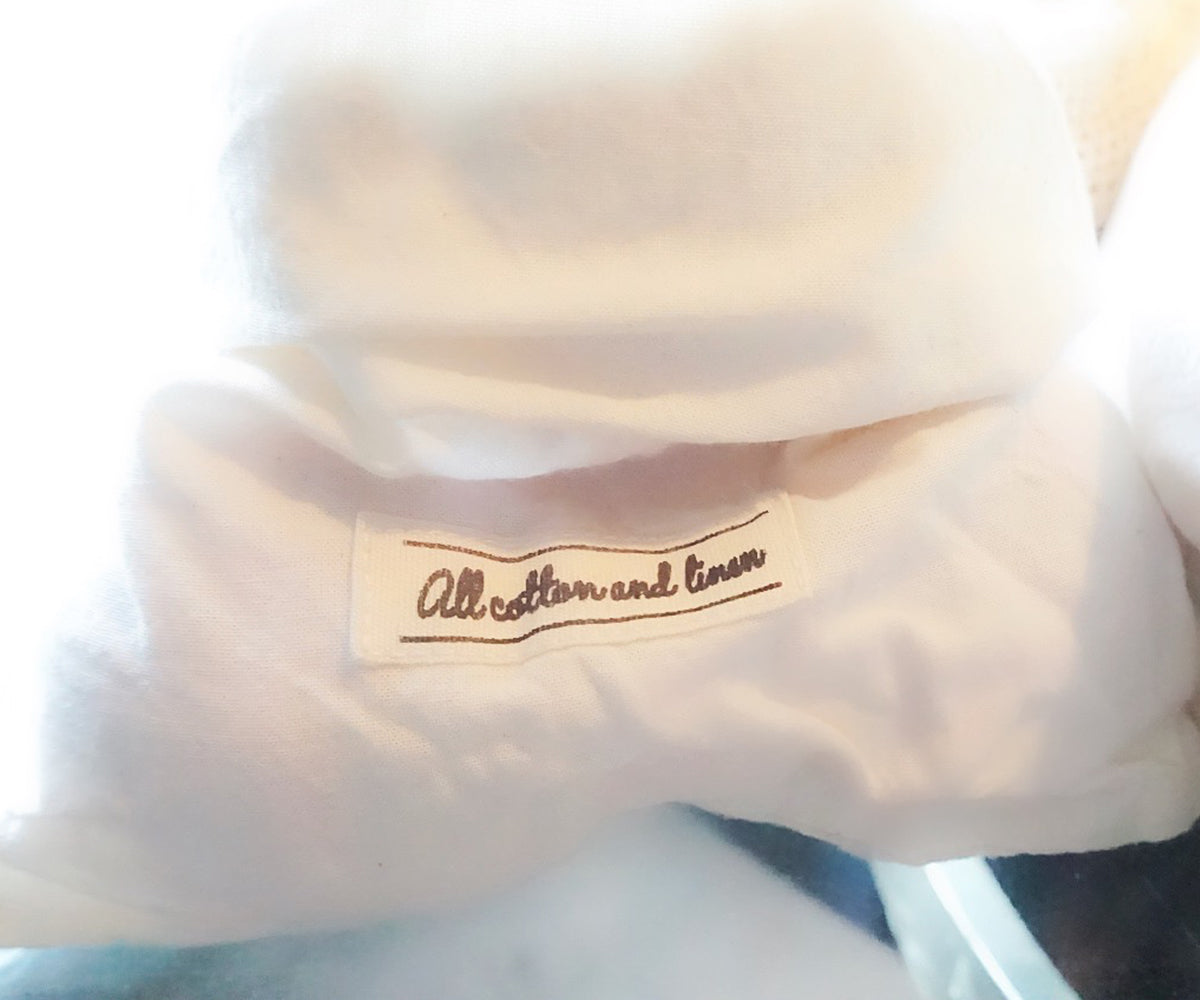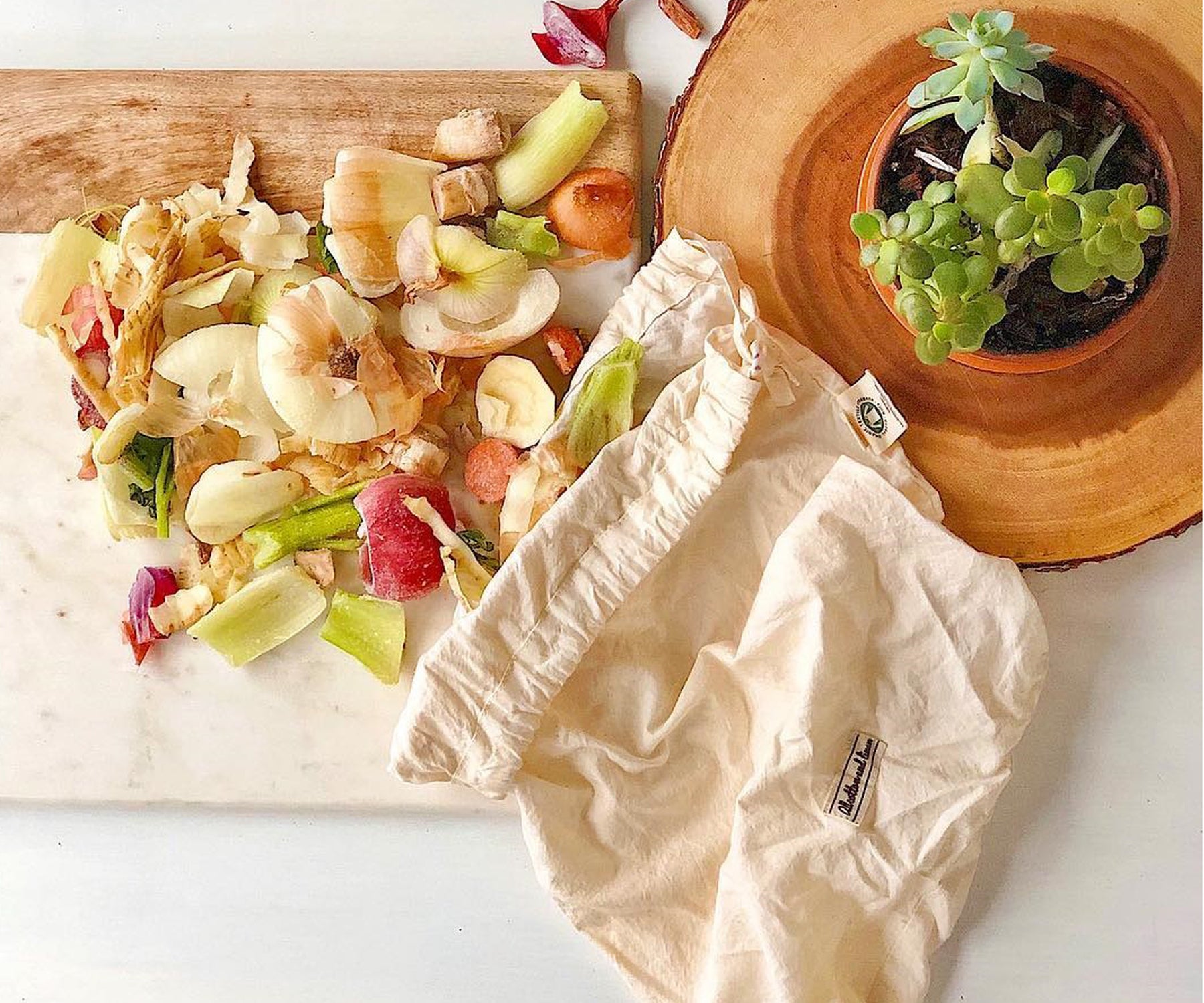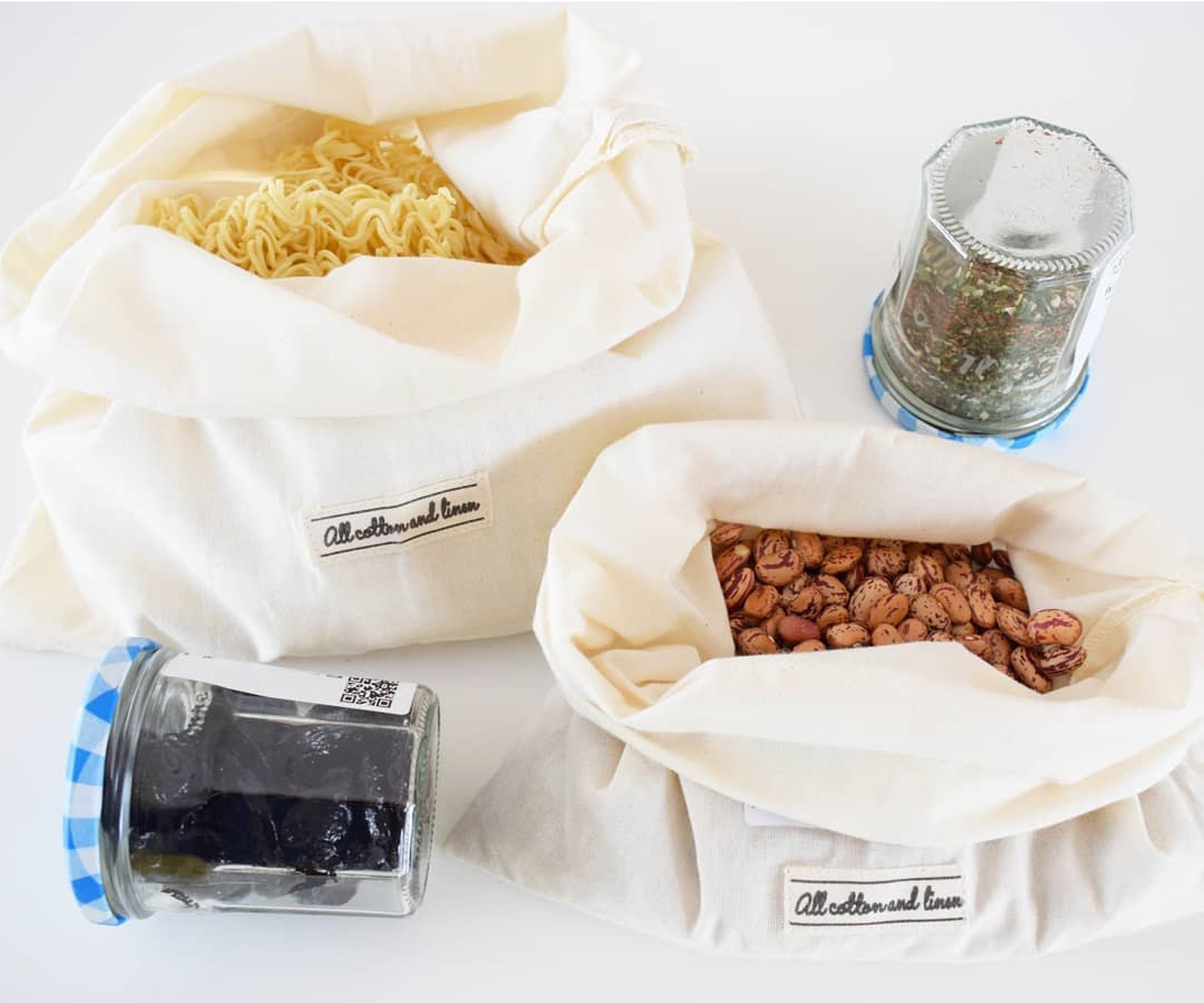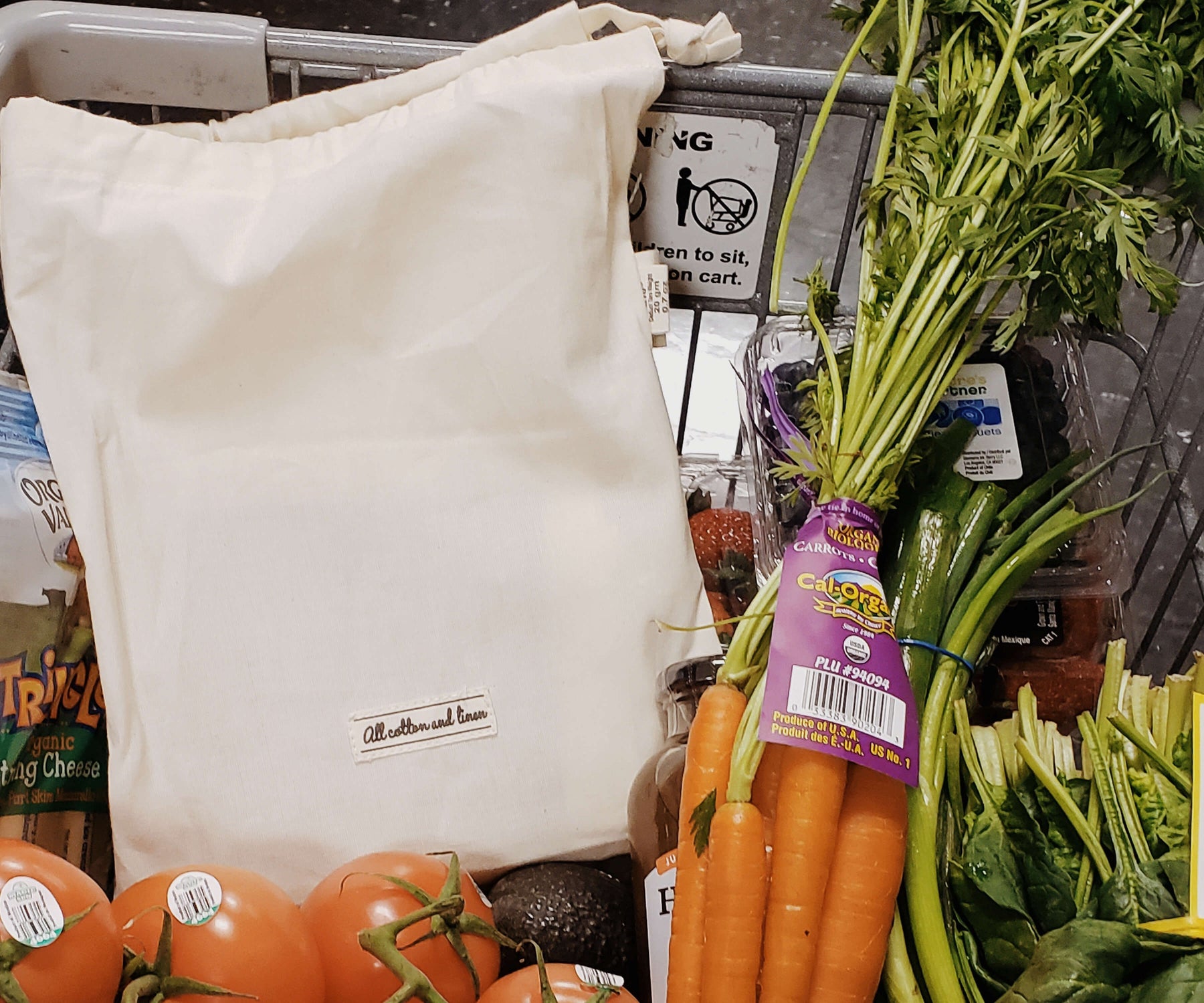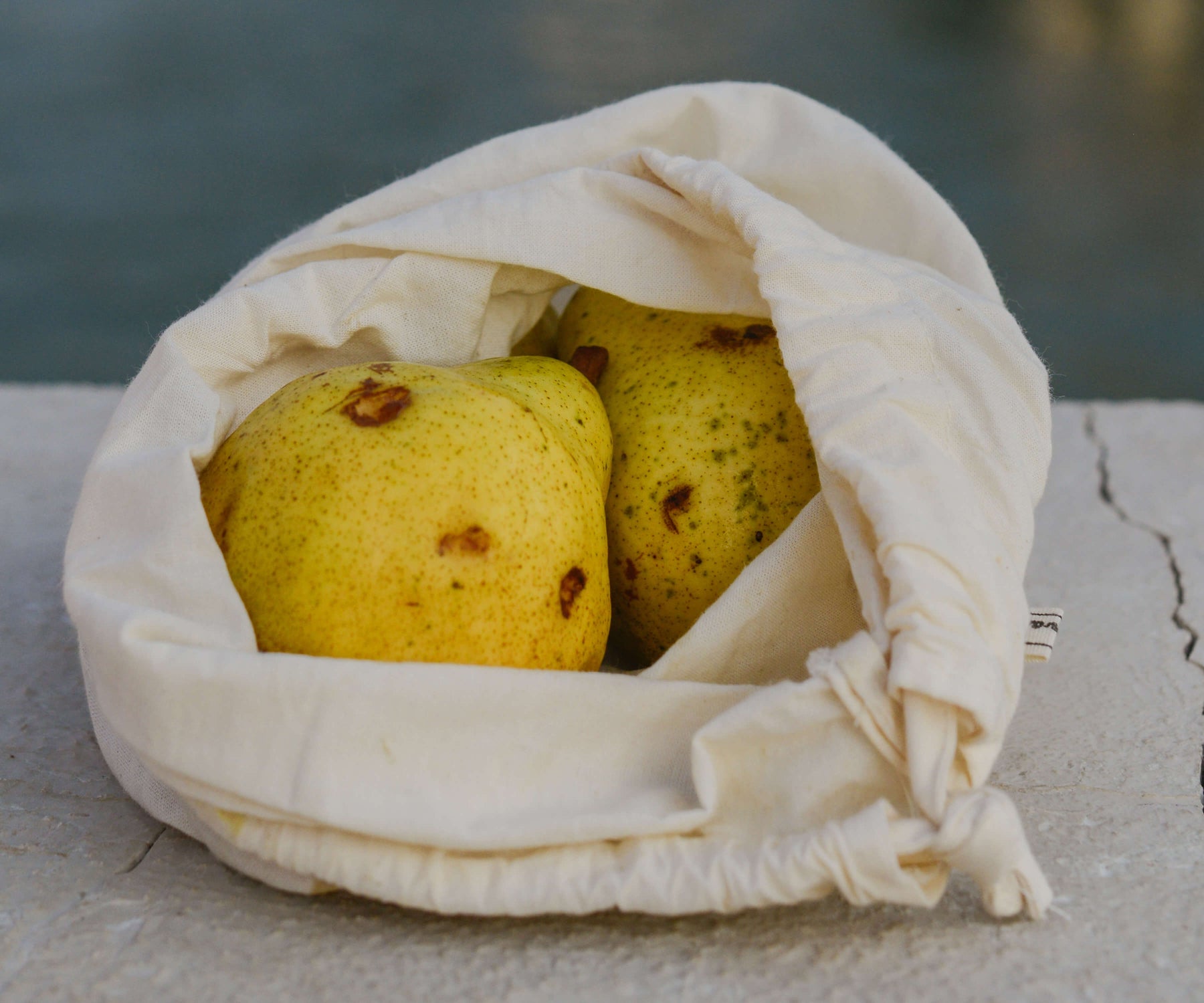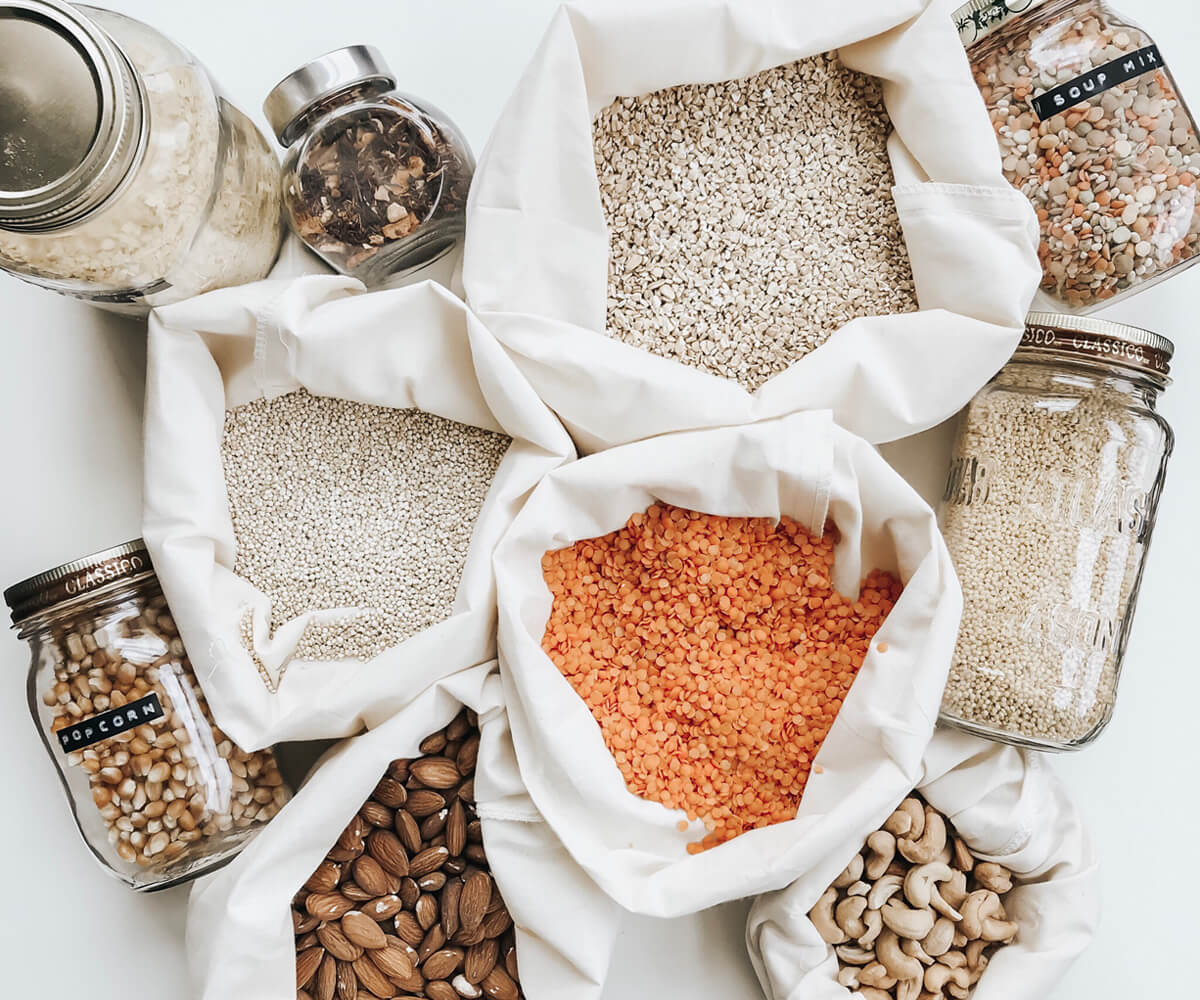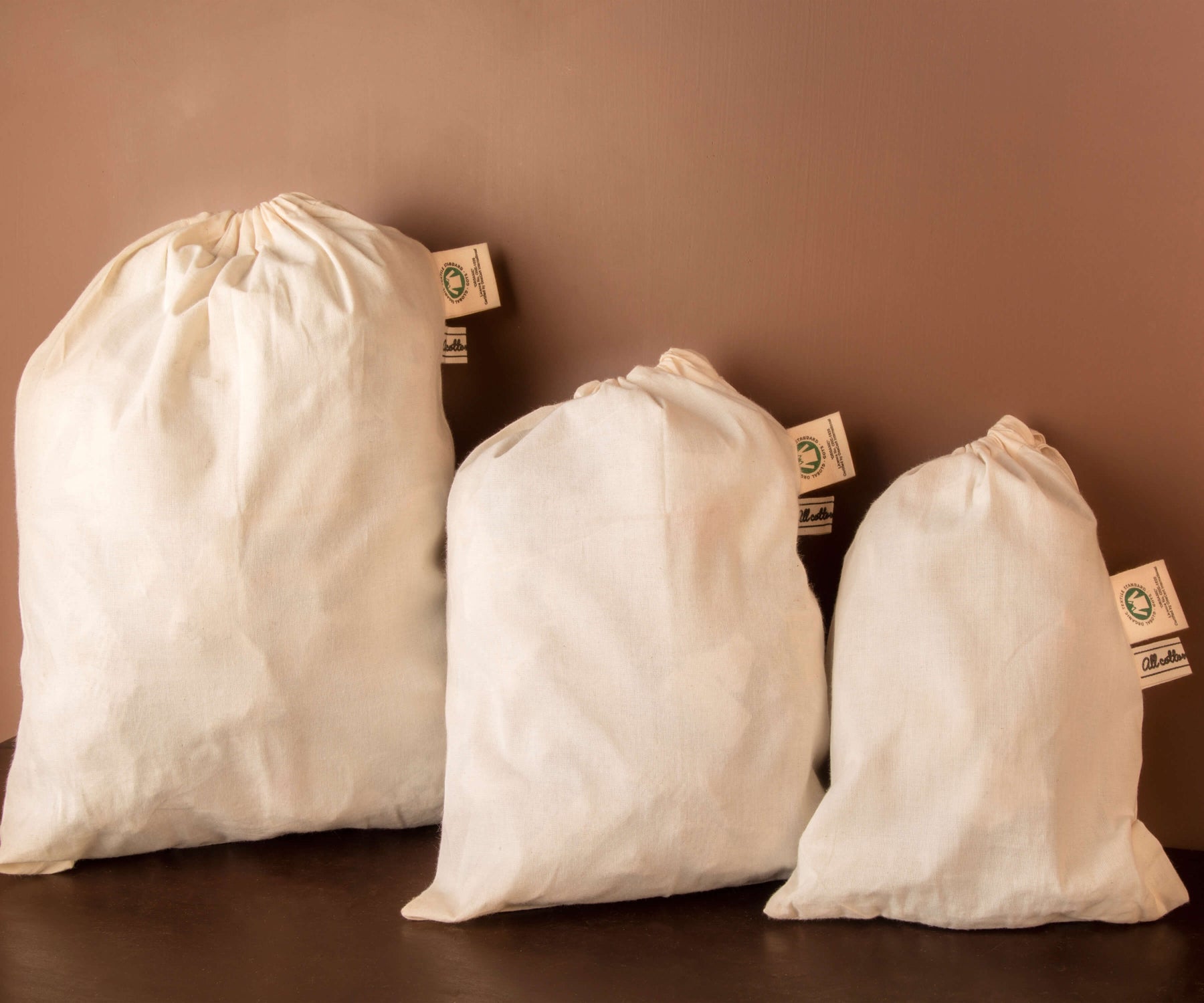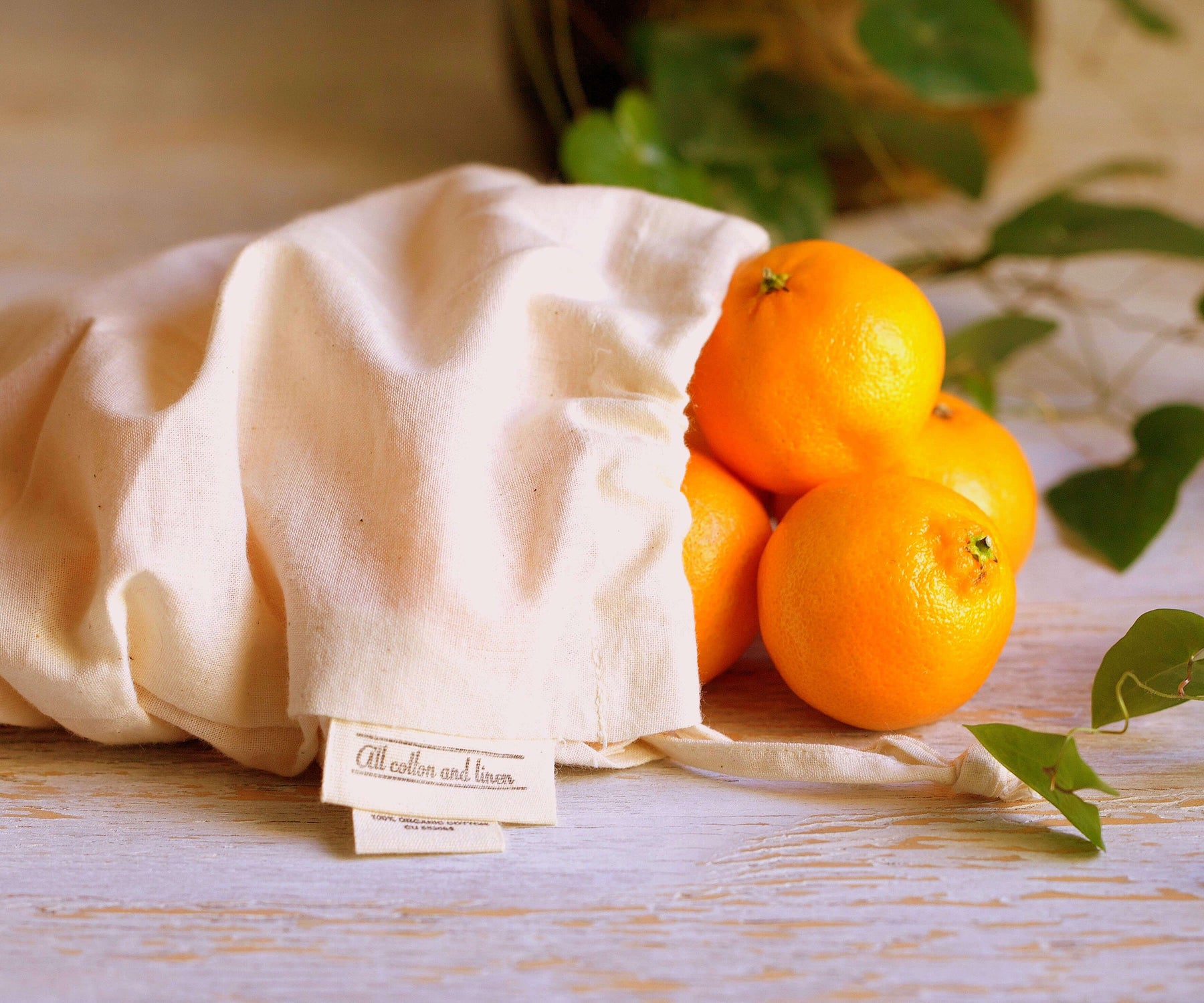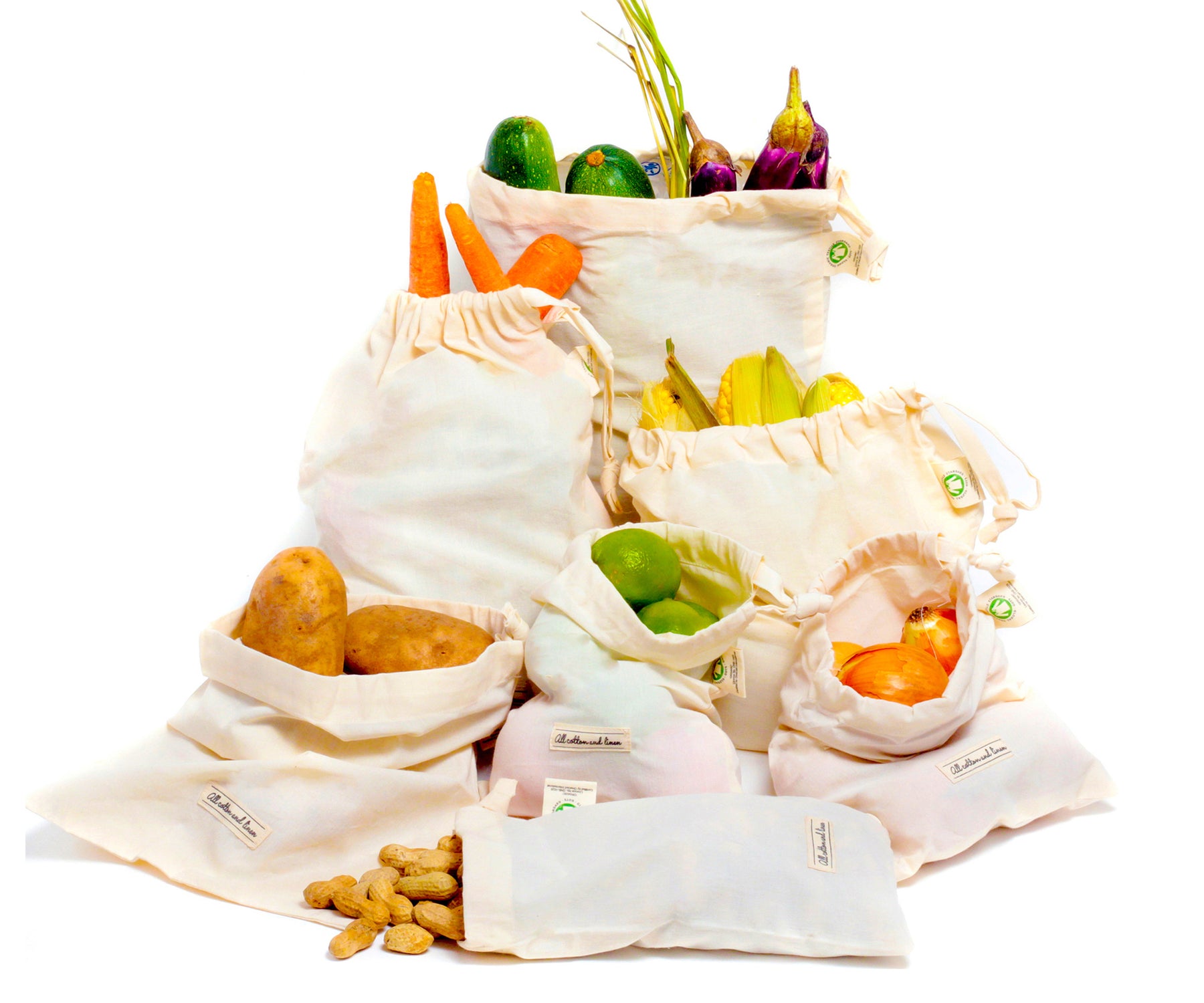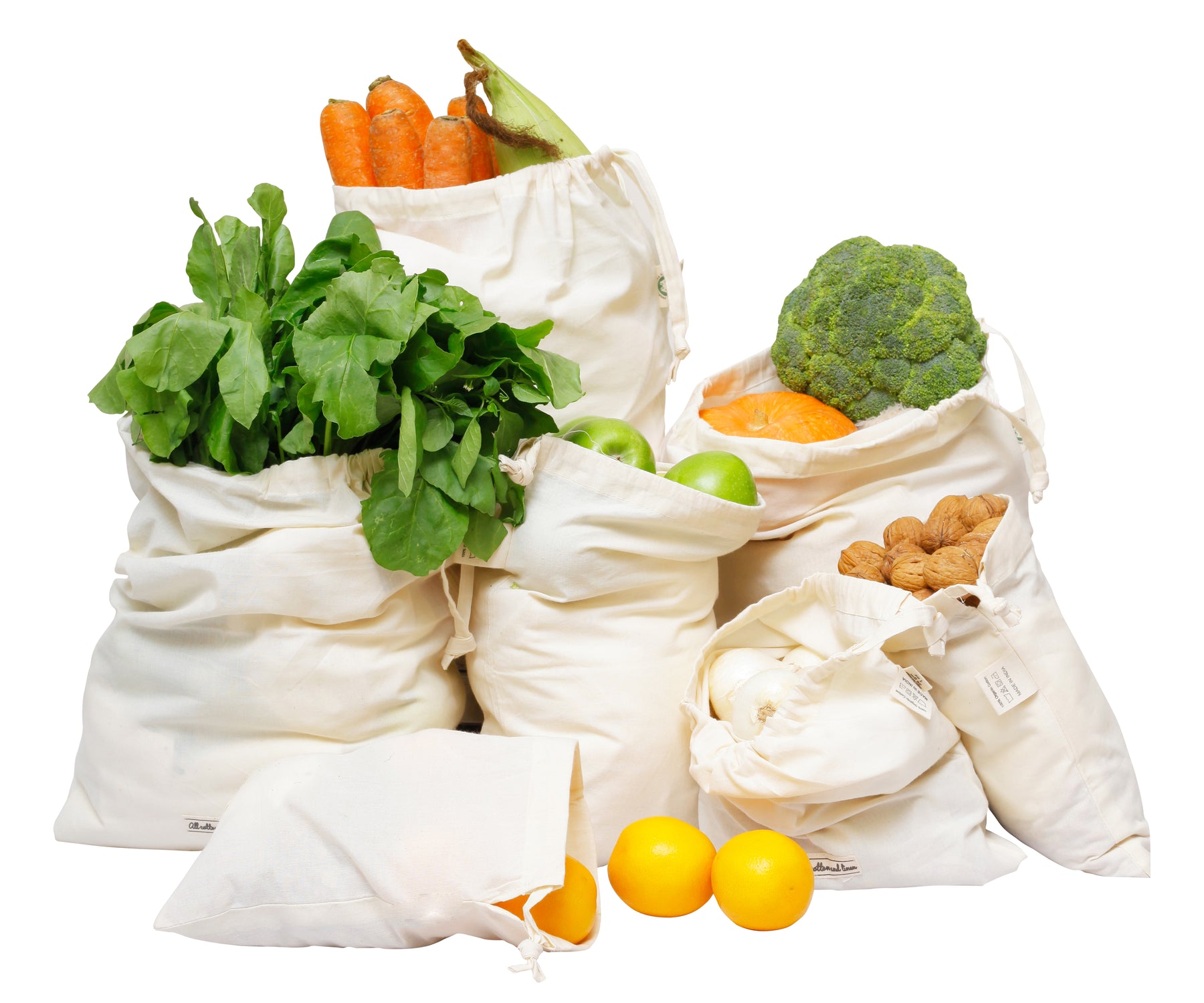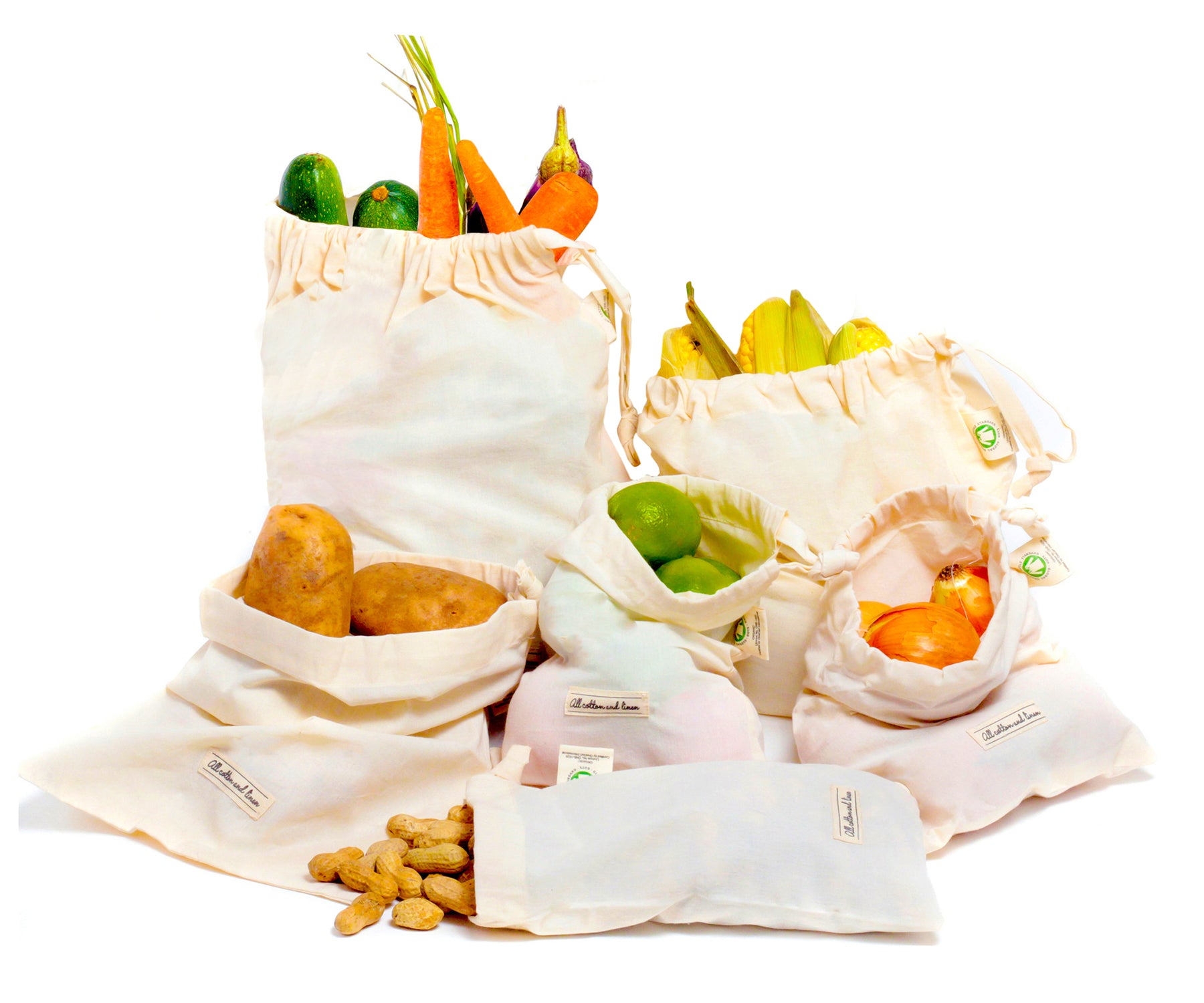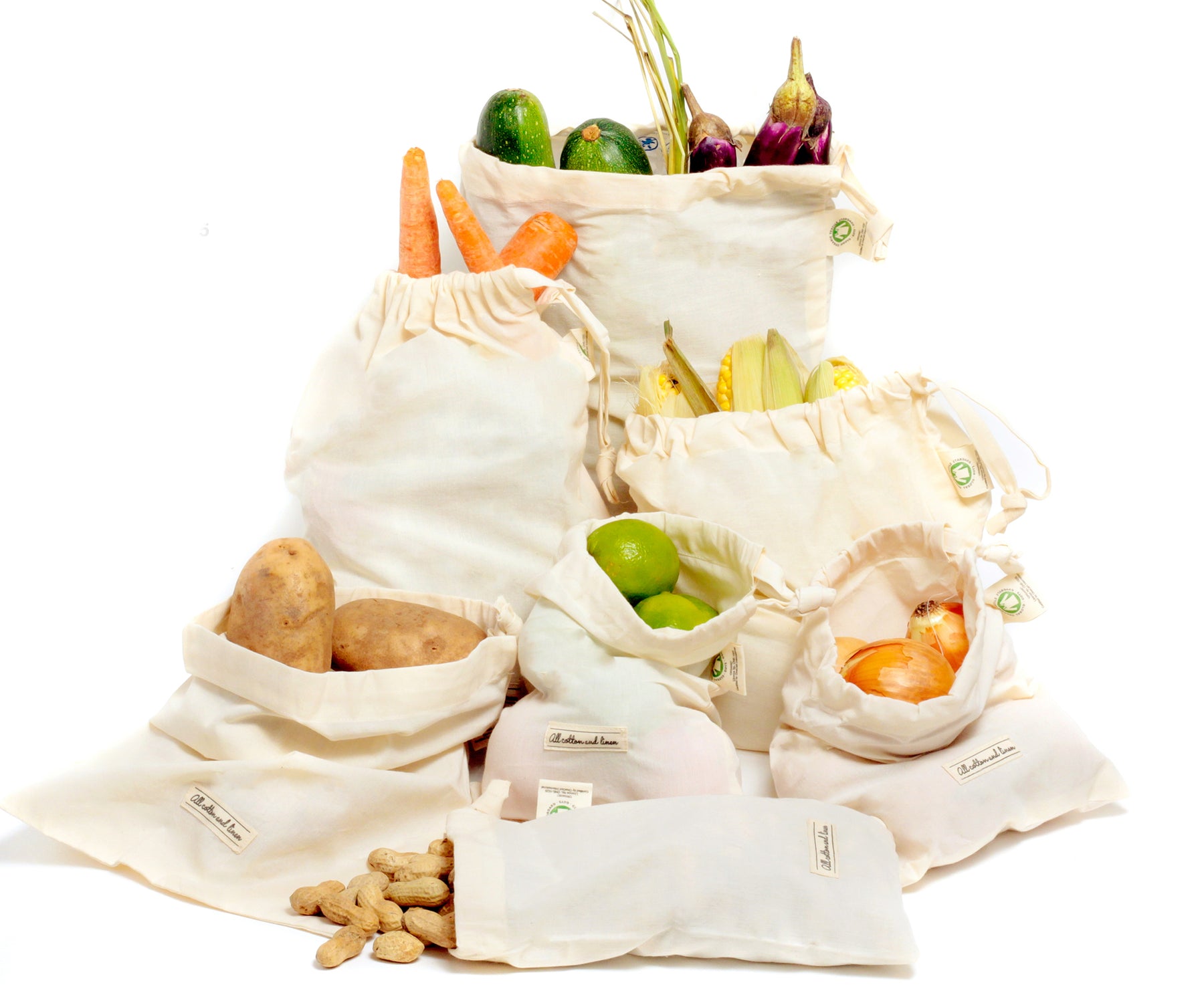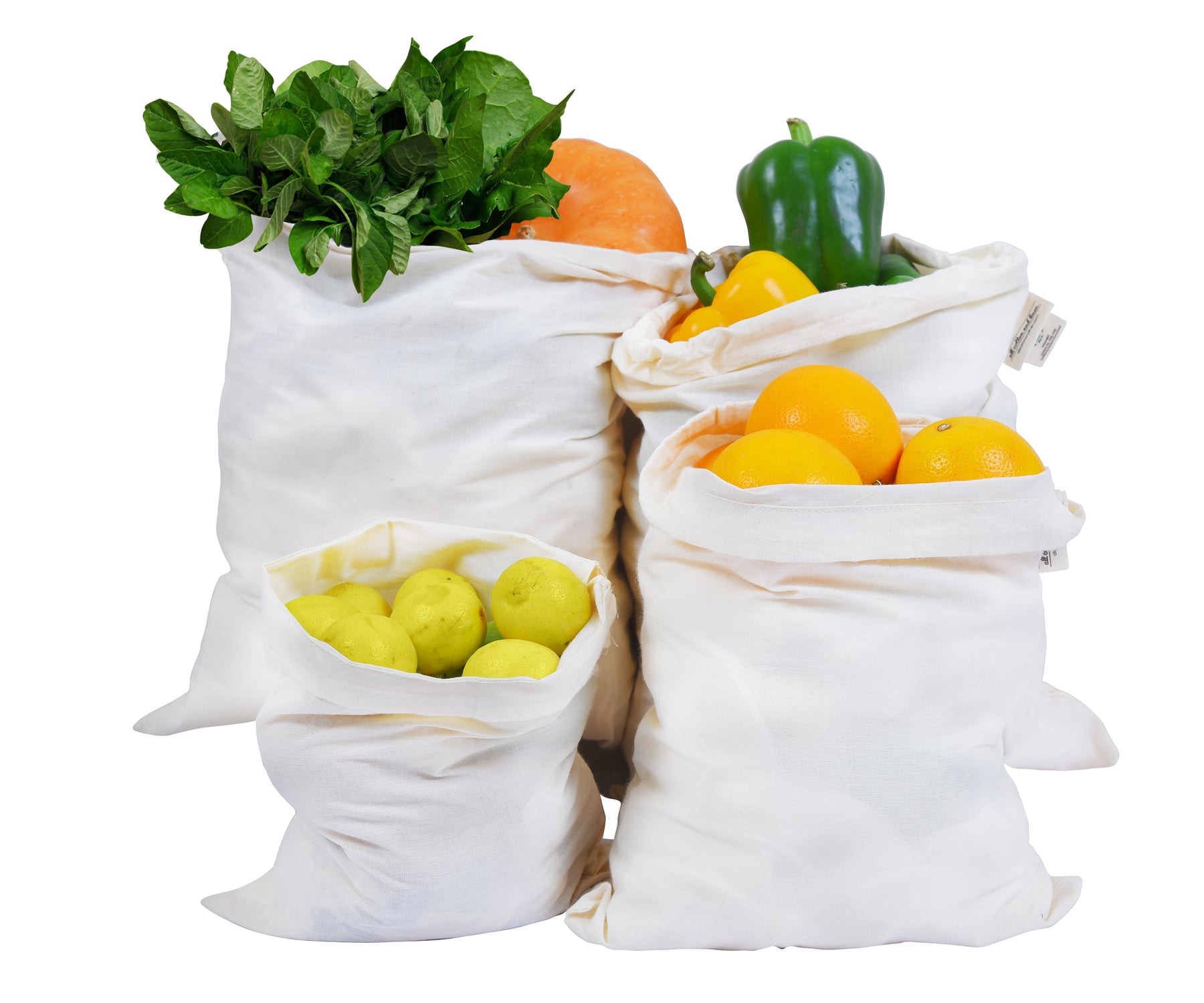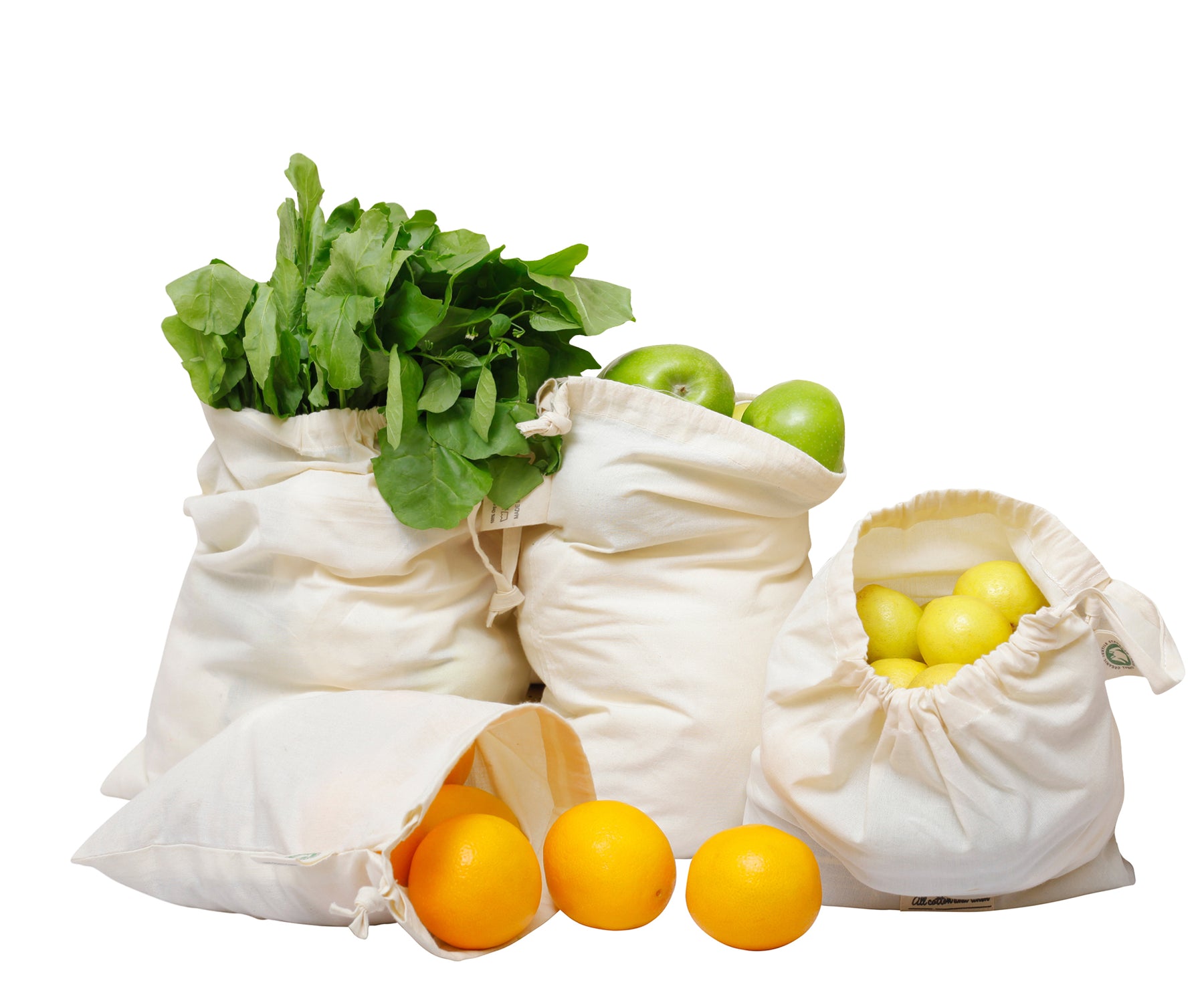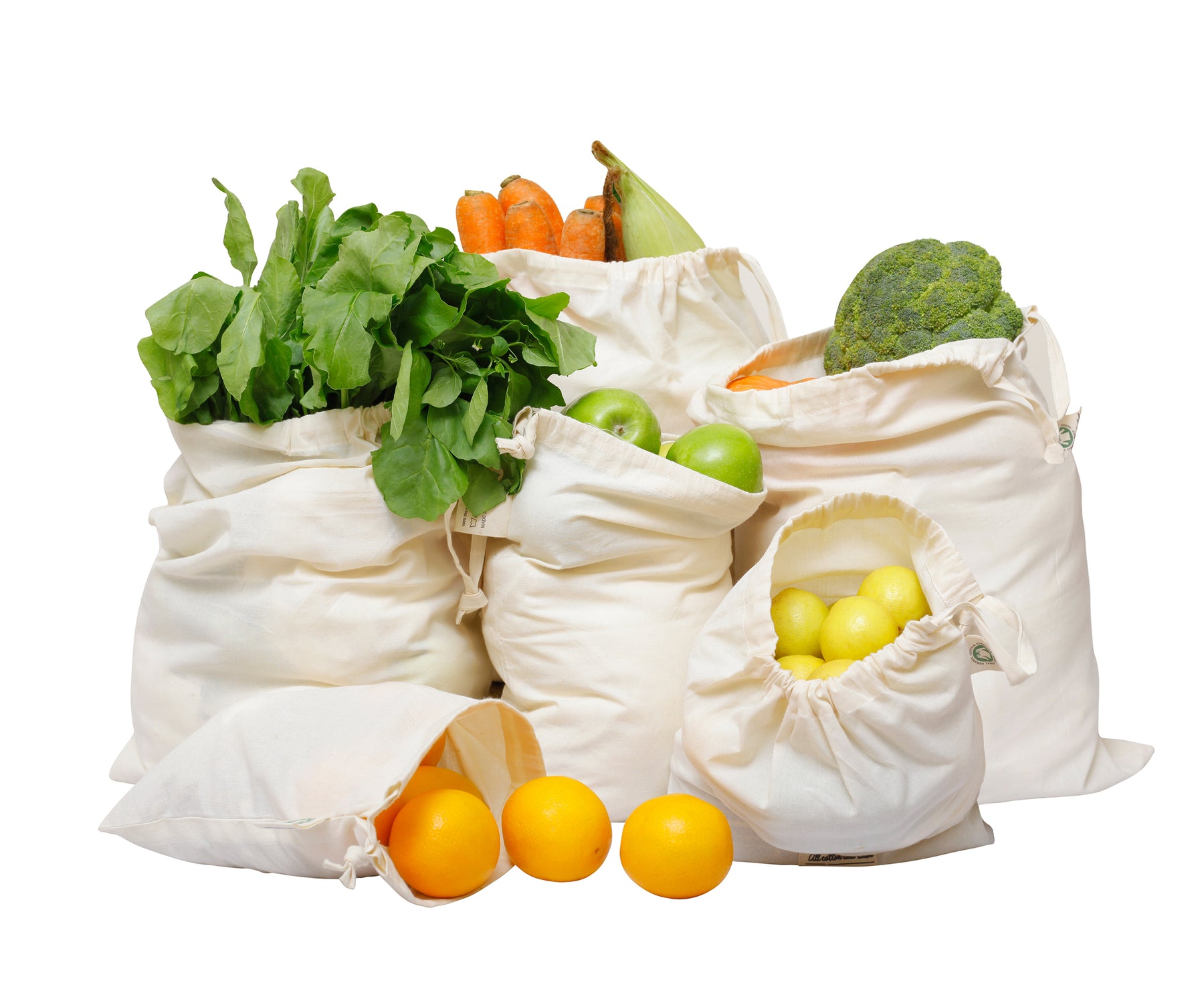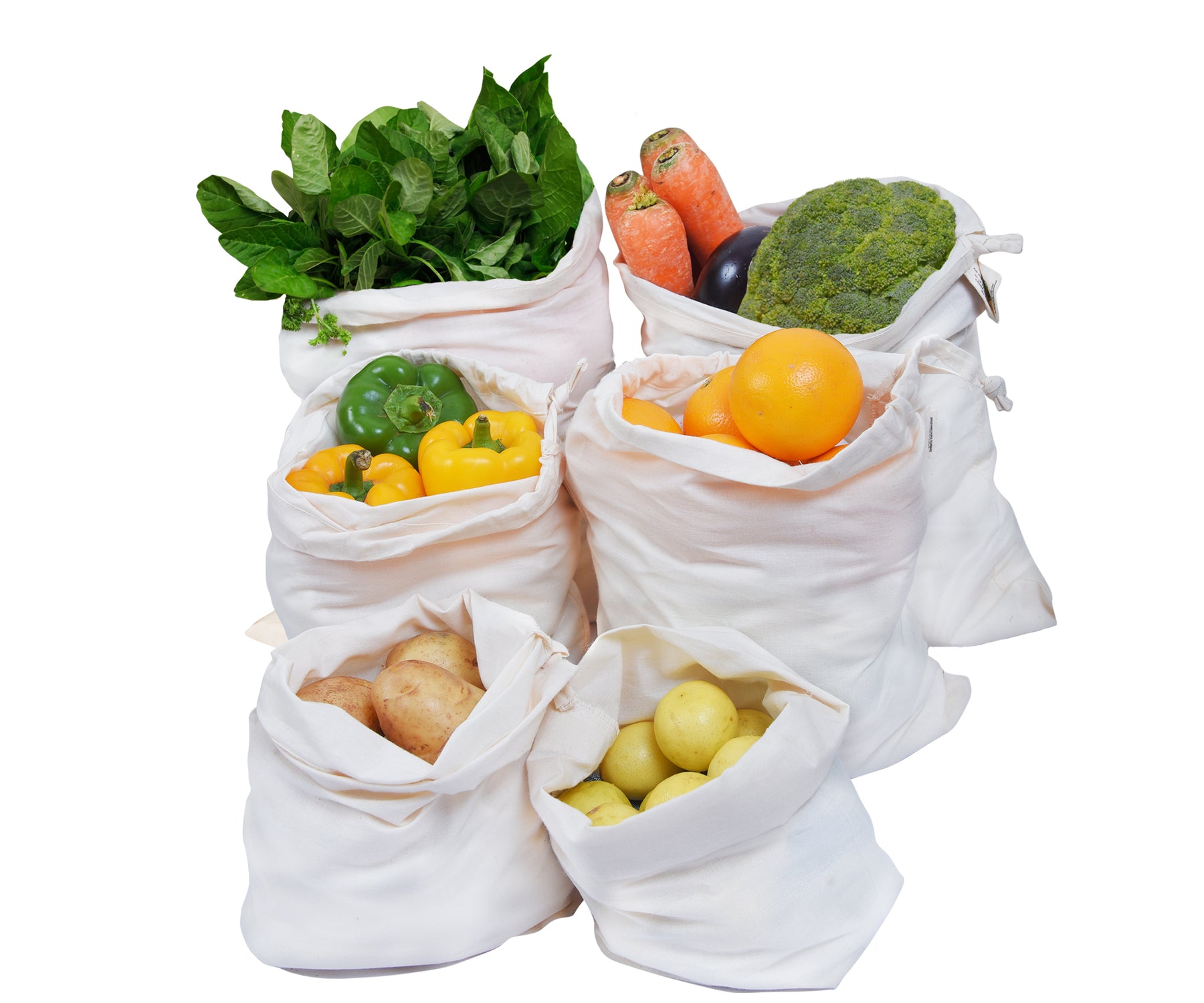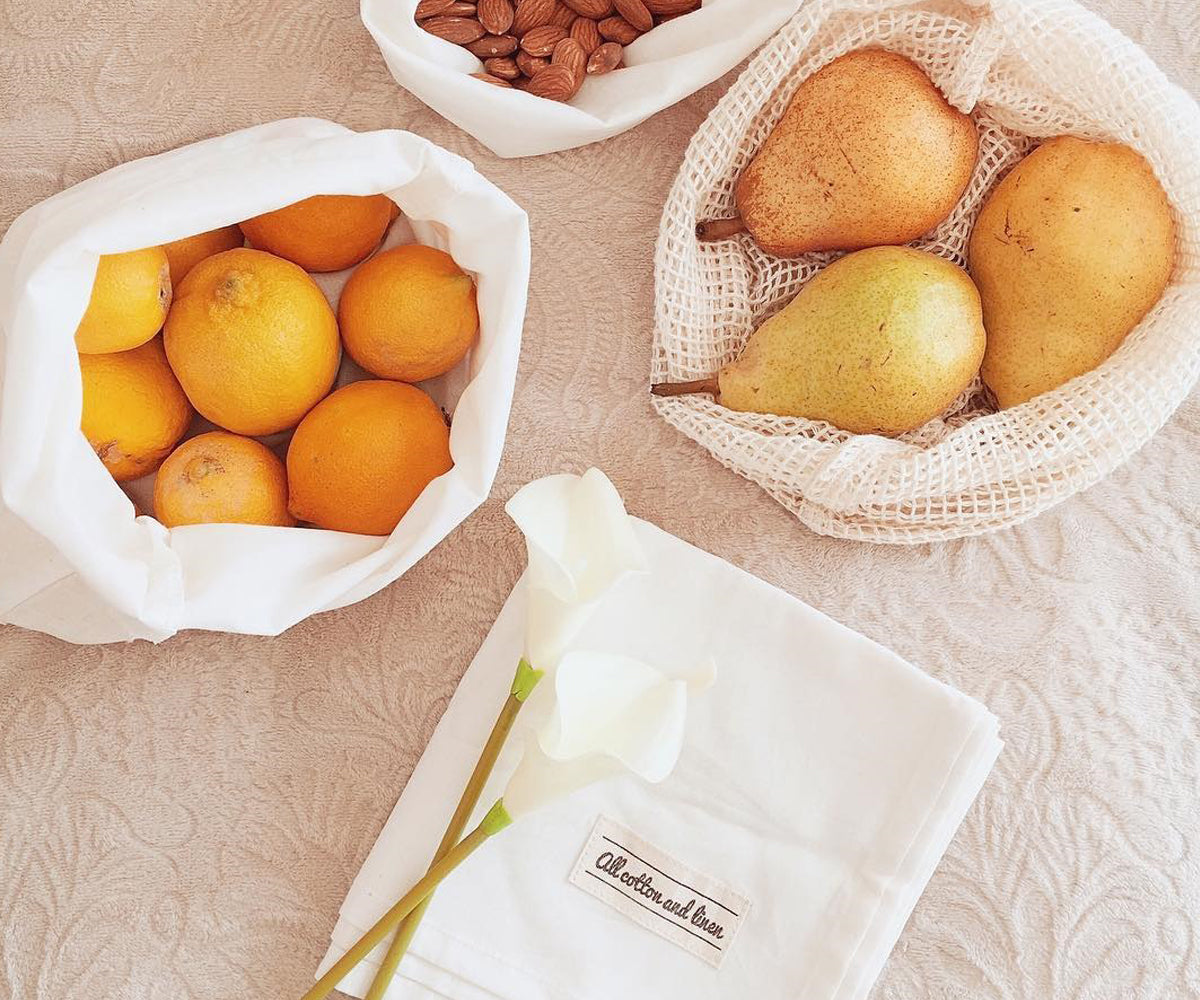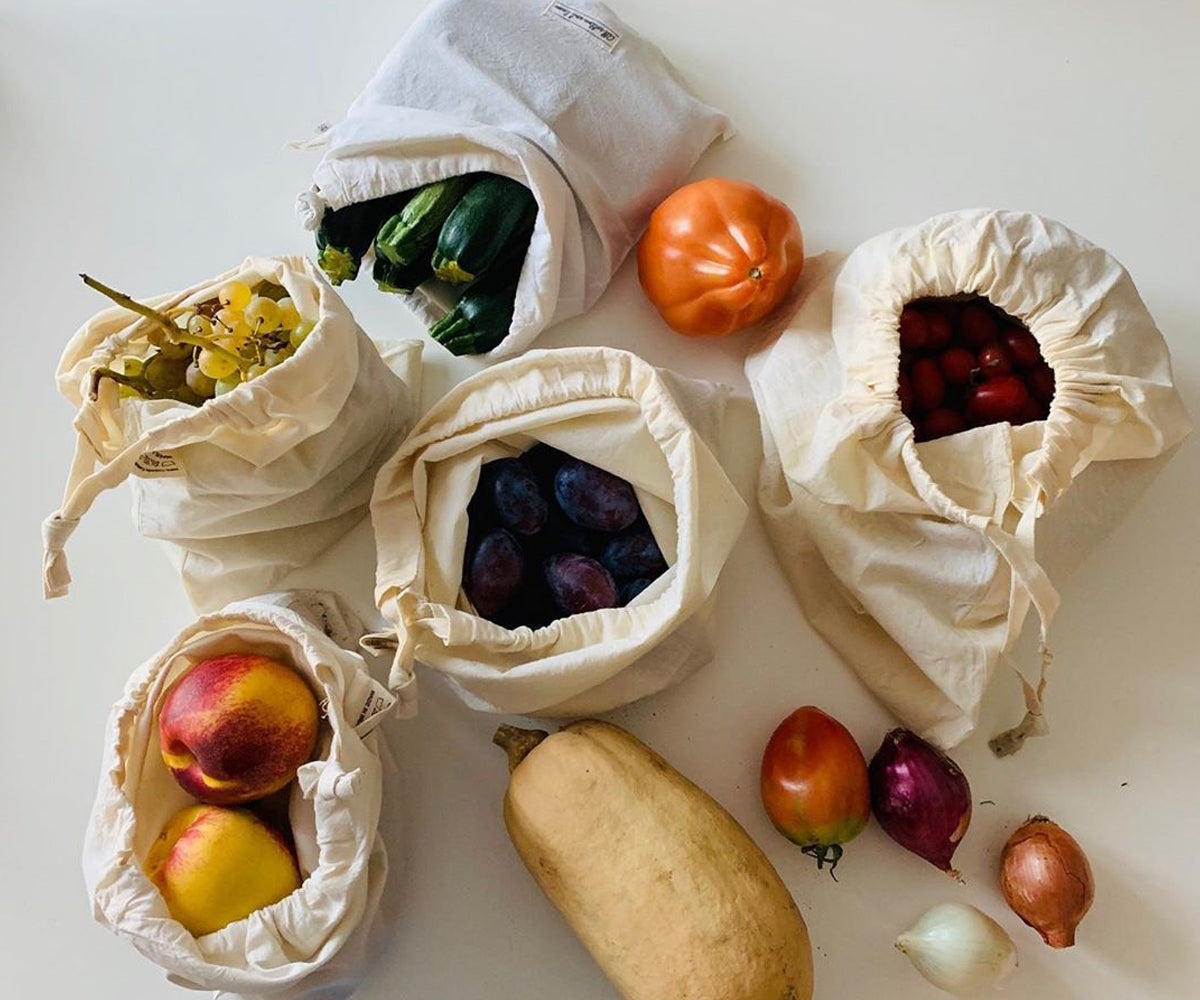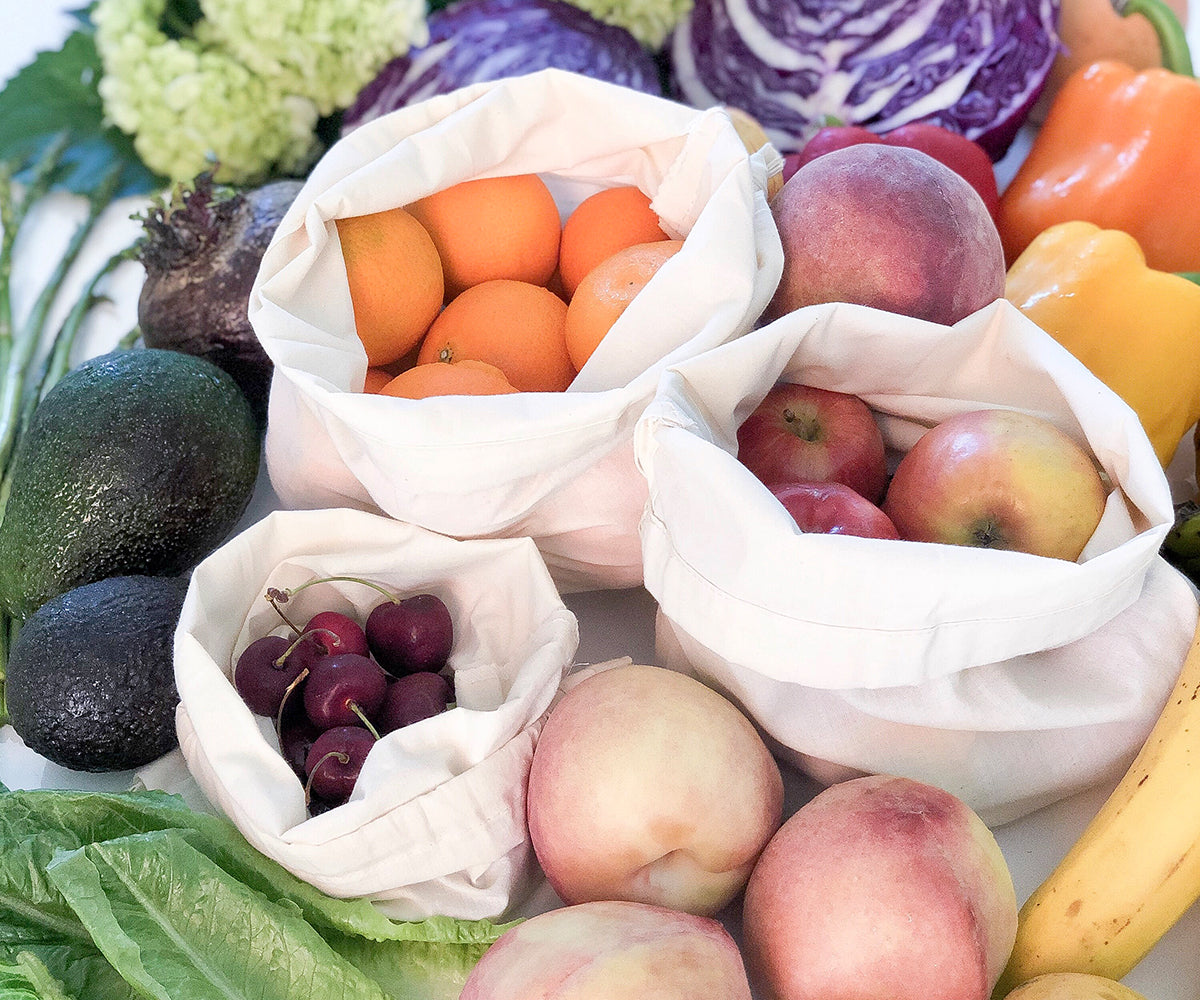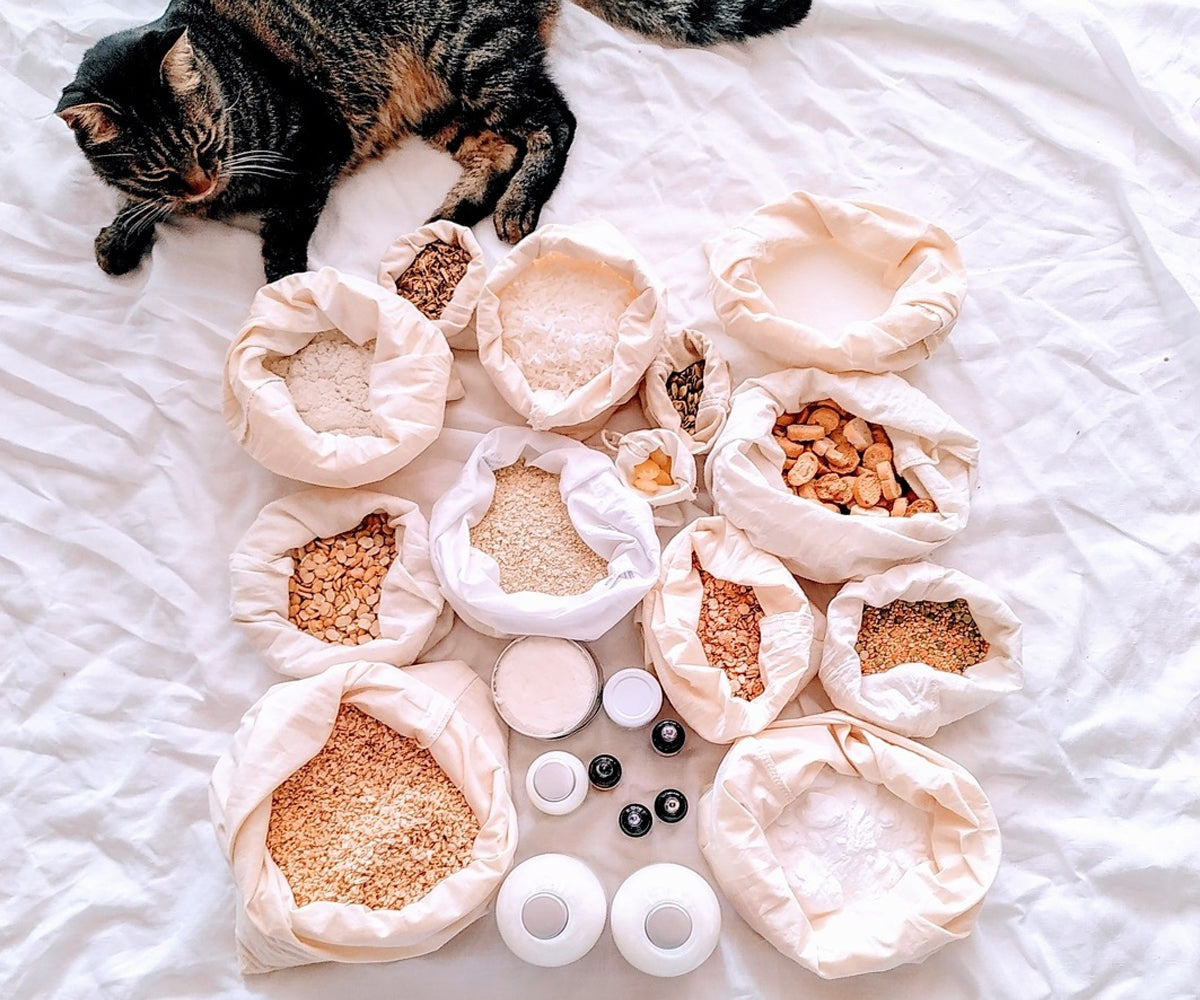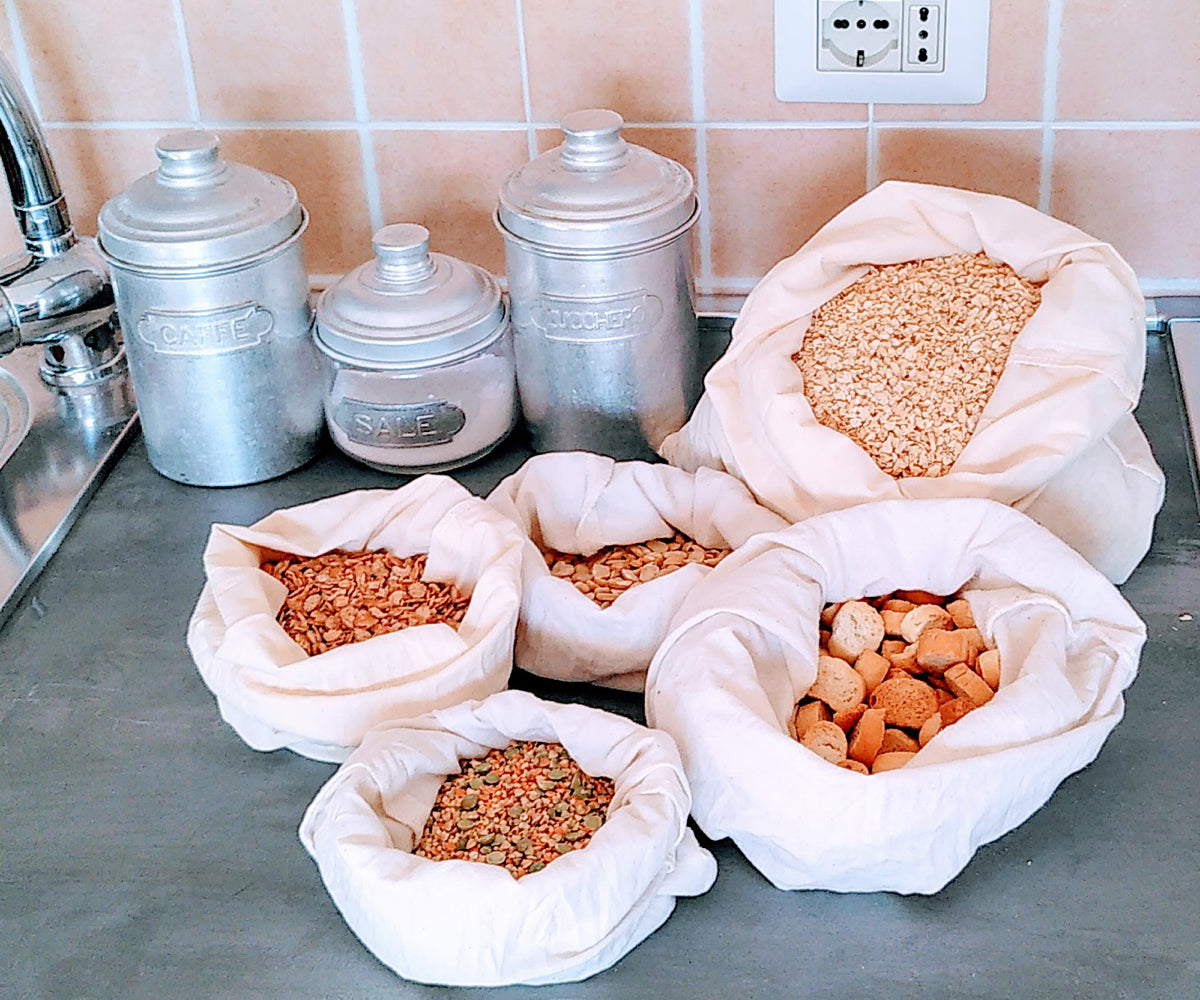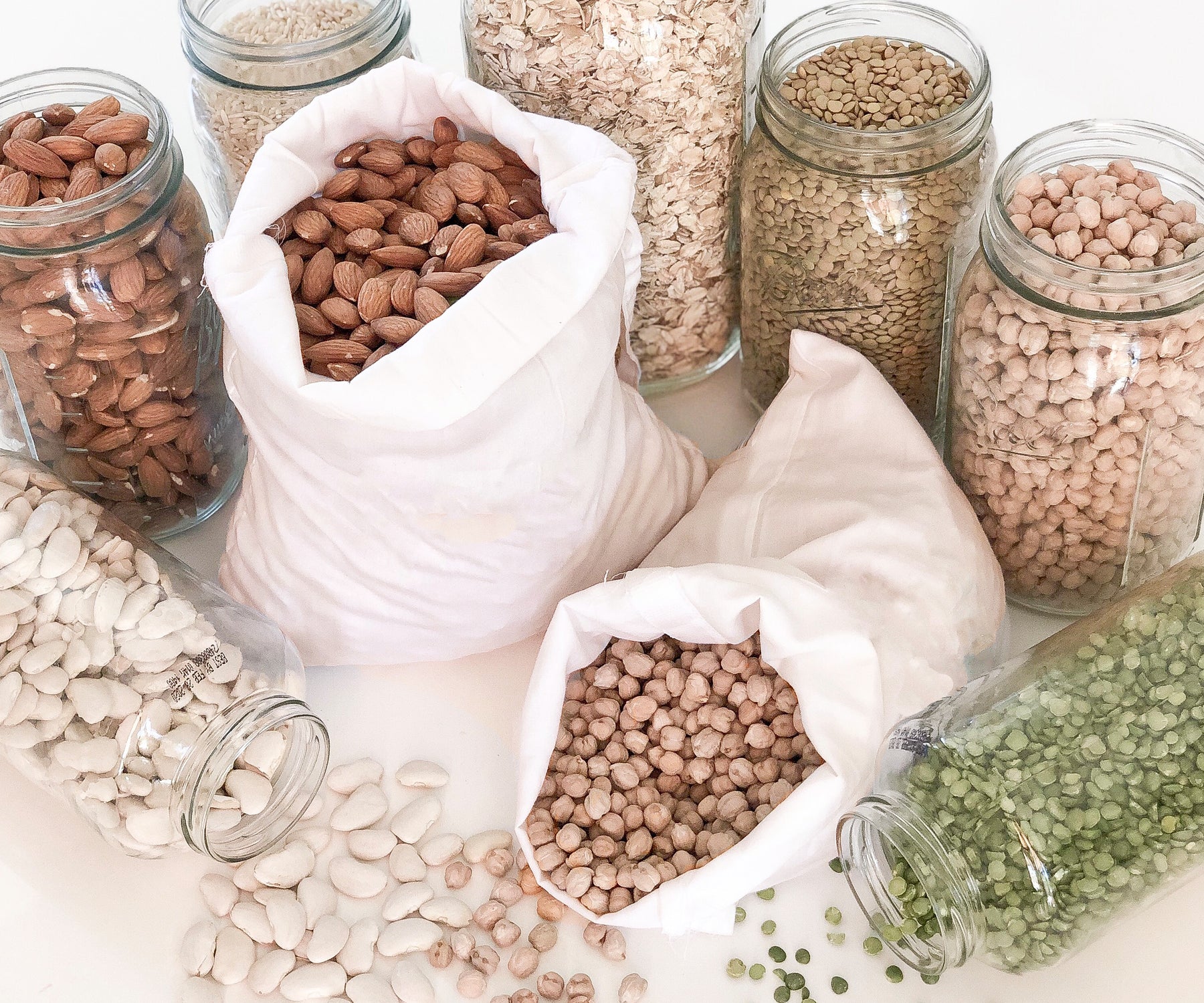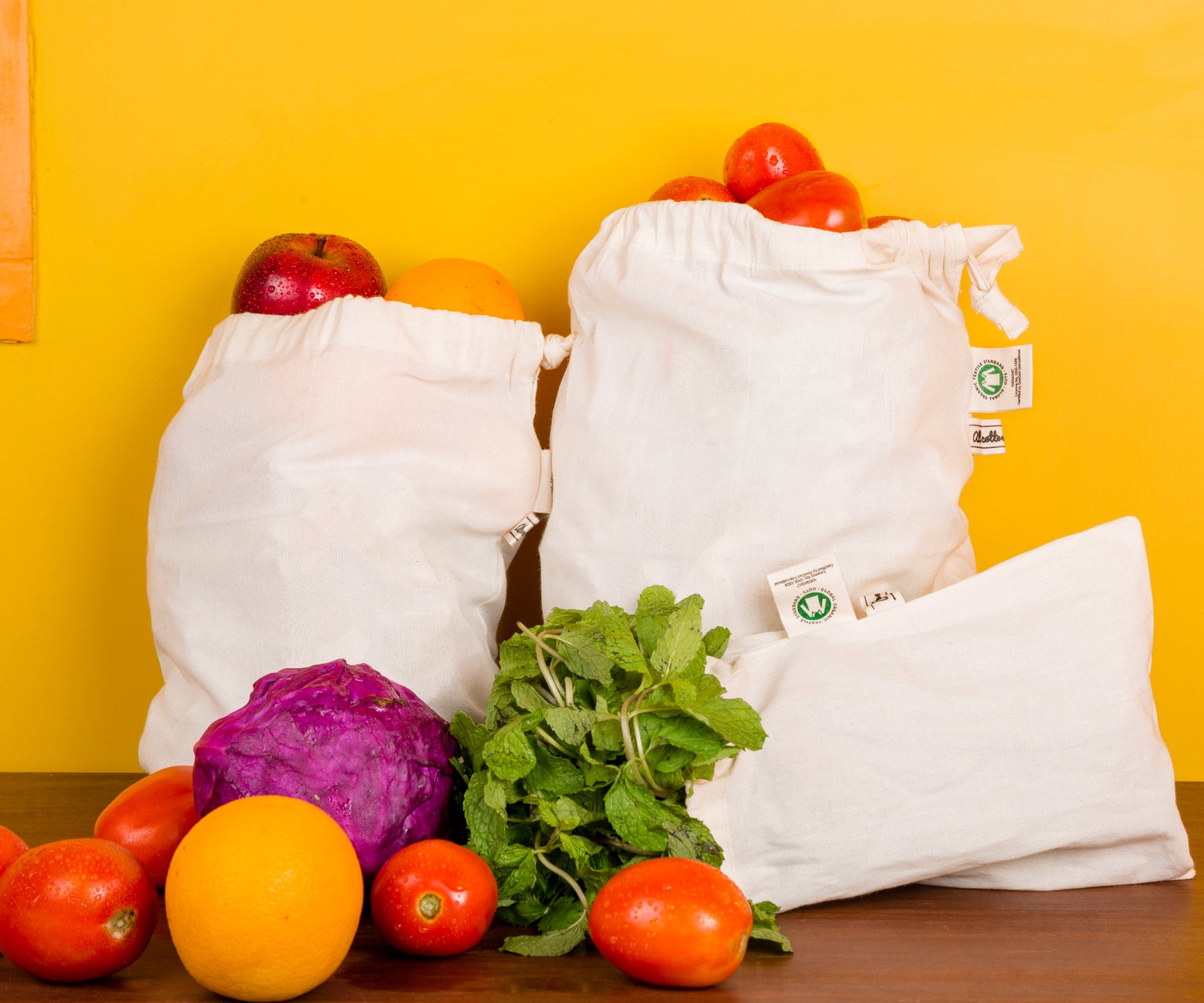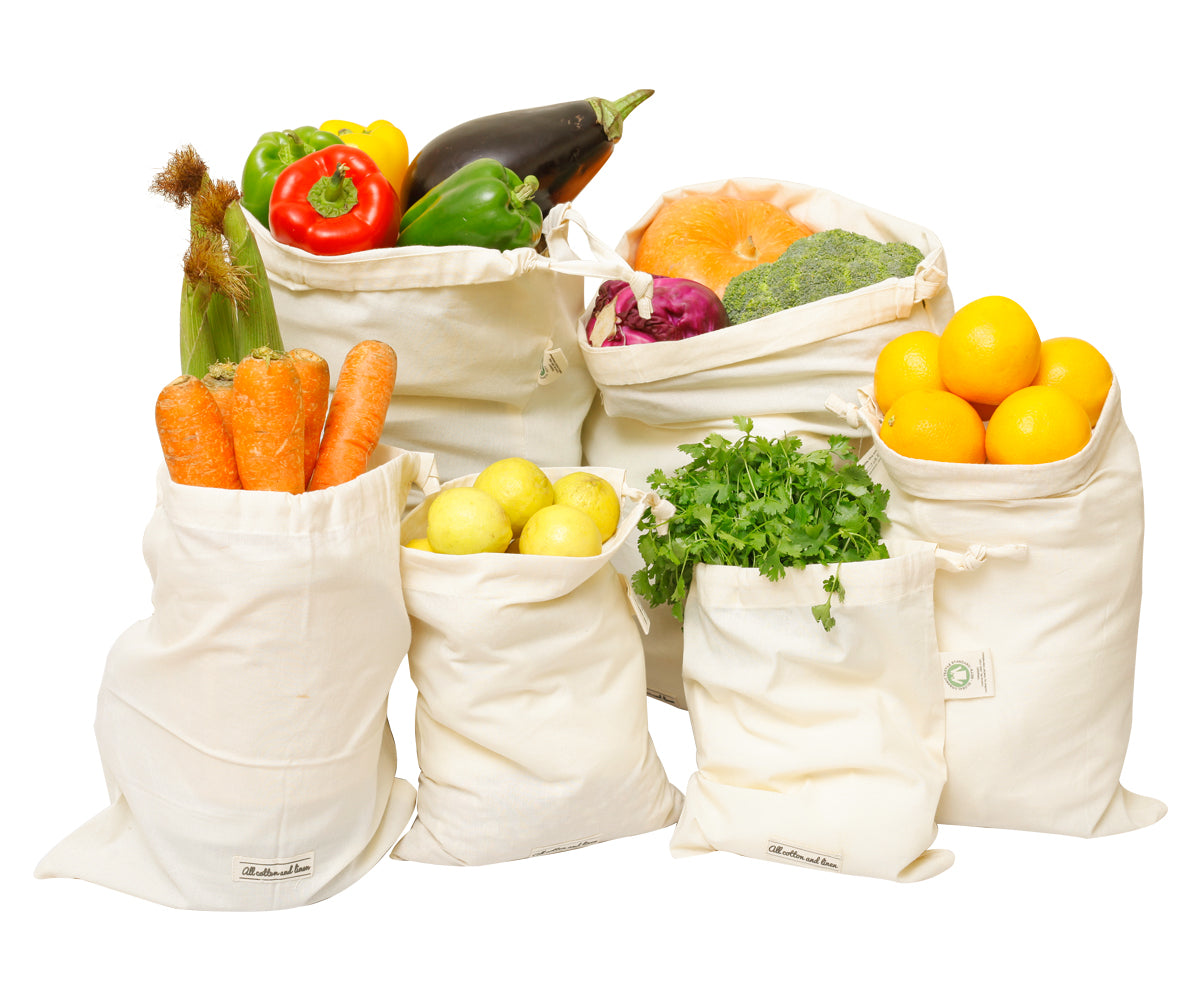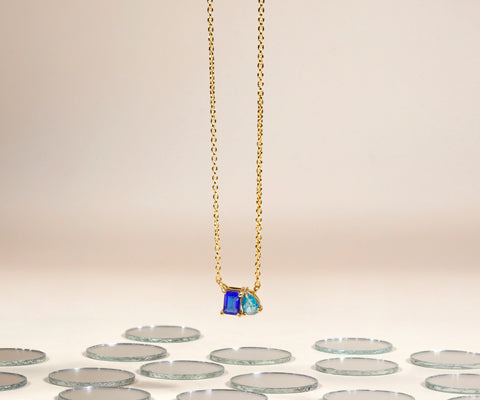The Environmental Impact of Plastic Bags
Plastic bags have long been convenient for shoppers around the world. They're lightweight, cheap, and easy to produce. However, the environmental cost of plastic bags far outweighs their convenience.
- Non-biodegradable: Plastic bags do not break down easily. A single bag can take hundreds of years to decompose, contributing to landfill waste and ocean pollution.
- Harm to Wildlife: Marine life often mistakes plastic bags for food, leading to entanglement or ingestion, which can be fatal. Plastic waste affects countless animals every year.
- Resource Consumption: The production of plastic bags consumes significant amounts of fossil fuels, releasing carbon emissions into the atmosphere.
While plastic bags may be inexpensive for consumers, their long-term environmental cost is high. This brings us to reusable bags.
Also Read: What to Make for Dinner on Halloween? Spooky and Fun Halloween Dinner Recipes
The Advantages of Reusable Bags
Reusable bags, whether made from fabric, mesh, or muslin, offer several advantages over their plastic counterparts. They are designed to be more durable and can be used multiple times, reducing the need for single-use plastic bags. Let’s look at the specific benefits:
- Durability: Reusable bags for groceries, such as 24-inch mesh vegetable bags and muslin bags, can carry more weight than plastic bags, making them ideal for larger shopping trips.
- Less Waste: Since reusable bags are designed for repeated use, they reduce the amount of waste entering landfills.
- Sustainable Materials: Many reusable bags are made from eco-friendly materials like cotton or jute, which are biodegradable and have a lower environmental impact compared to plastic.
- Reduced Carbon Footprint: By switching to mesh bags or string bags, you're contributing to lower carbon emissions, as the production and recycling of these materials require fewer resources than plastic.
Types of Reusable Bags and Their Benefits
Not all reusable bags are created equal, and the material and design of the bag can make a difference in its environmental impact. Below are some popular options:
1. Mesh Bags
Mesh bags are great for carrying produce. They’re lightweight, breathable, and versatile. 24-inch mesh vegetable bags are particularly useful for grocery shopping because they allow air to circulate, keeping fruits and vegetables fresher for longer.
2. String Bags
String bags are a favorite among eco-conscious shoppers. They're stylish, stretchable, and made from cotton, which makes them both strong and sustainable. Their compact design makes them easy to carry around and perfect for quick shopping trips.
3. Muslin Bags
Muslin bags are soft, durable, and ideal for dry goods like grains, nuts, and rice. They're washable and can be reused over and over, making them a fantastic replacement for plastic storage bags.
4. Small Reusable Bags
Small reusable bags are handy for quick shopping trips or for organizing smaller items in your larger shopping bag. These are especially useful if you need something compact that fits in your purse or backpack.
Read More: Where Was the First Citywide Halloween Celebration in the United States?
How to Store and Organize Reusable Bags
One common issue people face with reusable bags is how to store them. Unlike plastic bags, which often get tossed into a drawer, how to store reusable bags requires a bit of planning.
- Folding: Fold your bags neatly after each use. This makes it easier to grab one when needed.
- Storage bins: Keep a small storage bin near the entrance of your home to toss the bags in after shopping trips.
- Car storage: If you're often on the go, keep a few whole foods reusable bags in your car to ensure you always have them handy.

By keeping your bags organized, you'll reduce the chances of forgetting them and resorting to plastic bags.
The Environmental Costs of Producing Reusable Bags
While reusable bags are better for the environment in the long run, it’s important to recognize that they also have an environmental cost upfront. Producing reusable bags, especially those made from cotton, requires more resources, such as water and energy, compared to plastic bags. For example:
- Cotton cultivation is water-intensive.
- Manufacturing processes require energy and can emit greenhouse gases.
However, when used consistently, reusable bags quickly offset their initial environmental footprint. Research shows that a reusable bag only needs to be used 50-100 times to have a lower environmental impact than a single-use plastic bag.
How to Clean Reusable Bags
Maintaining your reusable bags is essential to their longevity and cleanliness. Here’s a simple guide on how to clean reusable ziploc bags and other types of reusable bags:
- Fabric bags: Wash cotton and muslin bags in cold water to prevent shrinking. Line dry to maintain their shape.
- Mesh bags: Hand wash mesh and string bags to avoid damaging the material.
- Ziploc-style reusable bags: Turn them inside out and wash them with warm, soapy water. Let them air dry thoroughly before the next use.
Read Related: How to Decorate Your Garden for Halloween: A Complete Guide
Where to Buy Reusable Grocery Bags
If you're ready to make the switch, you might wonder where to buy reusable grocery bags. Look no further than eco-friendly online stores like All Cotton and Linen, which offers sustainable grocery bags, along with kitchen towels, table linens, and cloth napkins. Their custom reusable bags are made from high-quality materials and designed for long-term use. Not only do these bags help the environment, but they’re also perfect for your everyday grocery needs.










